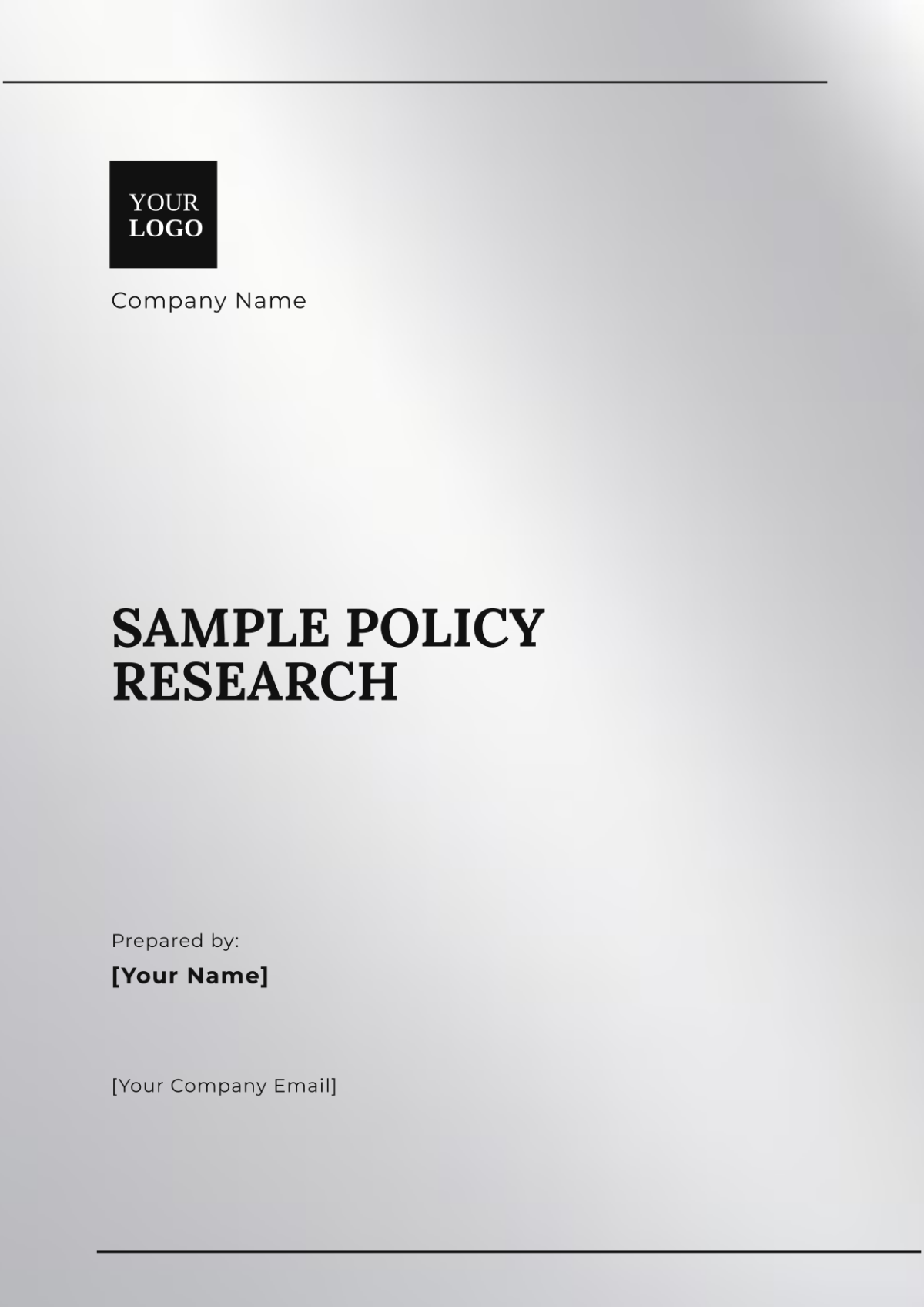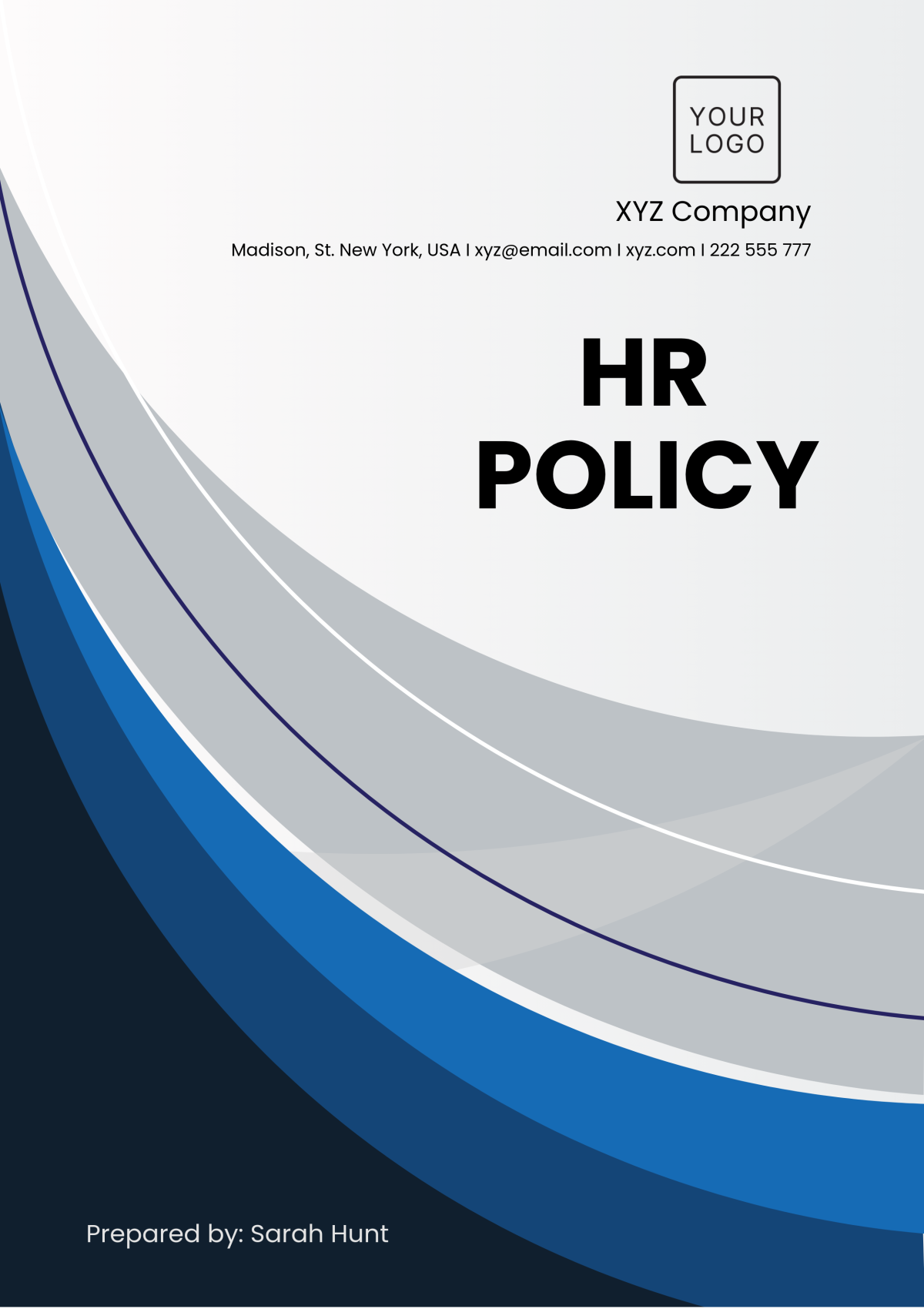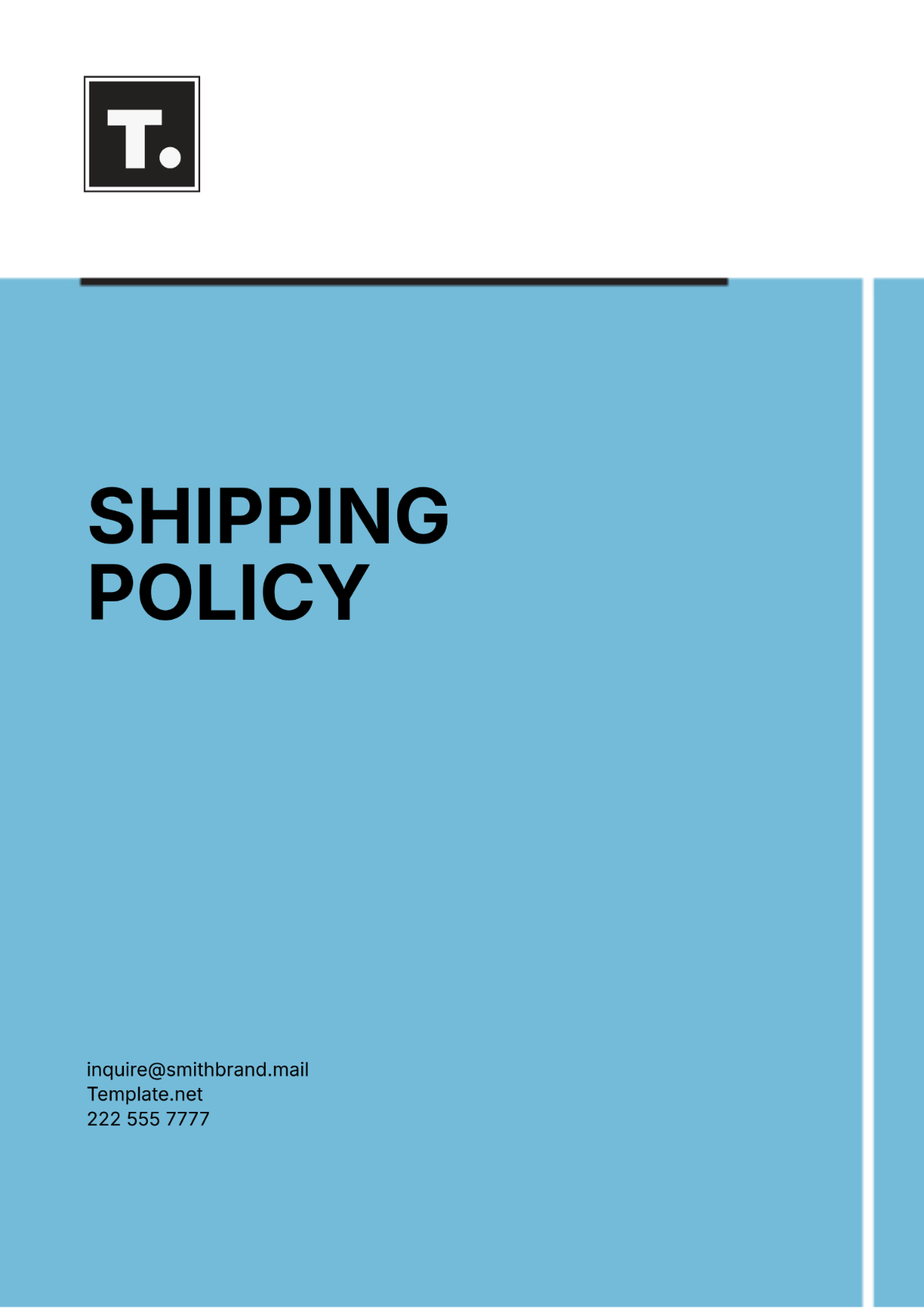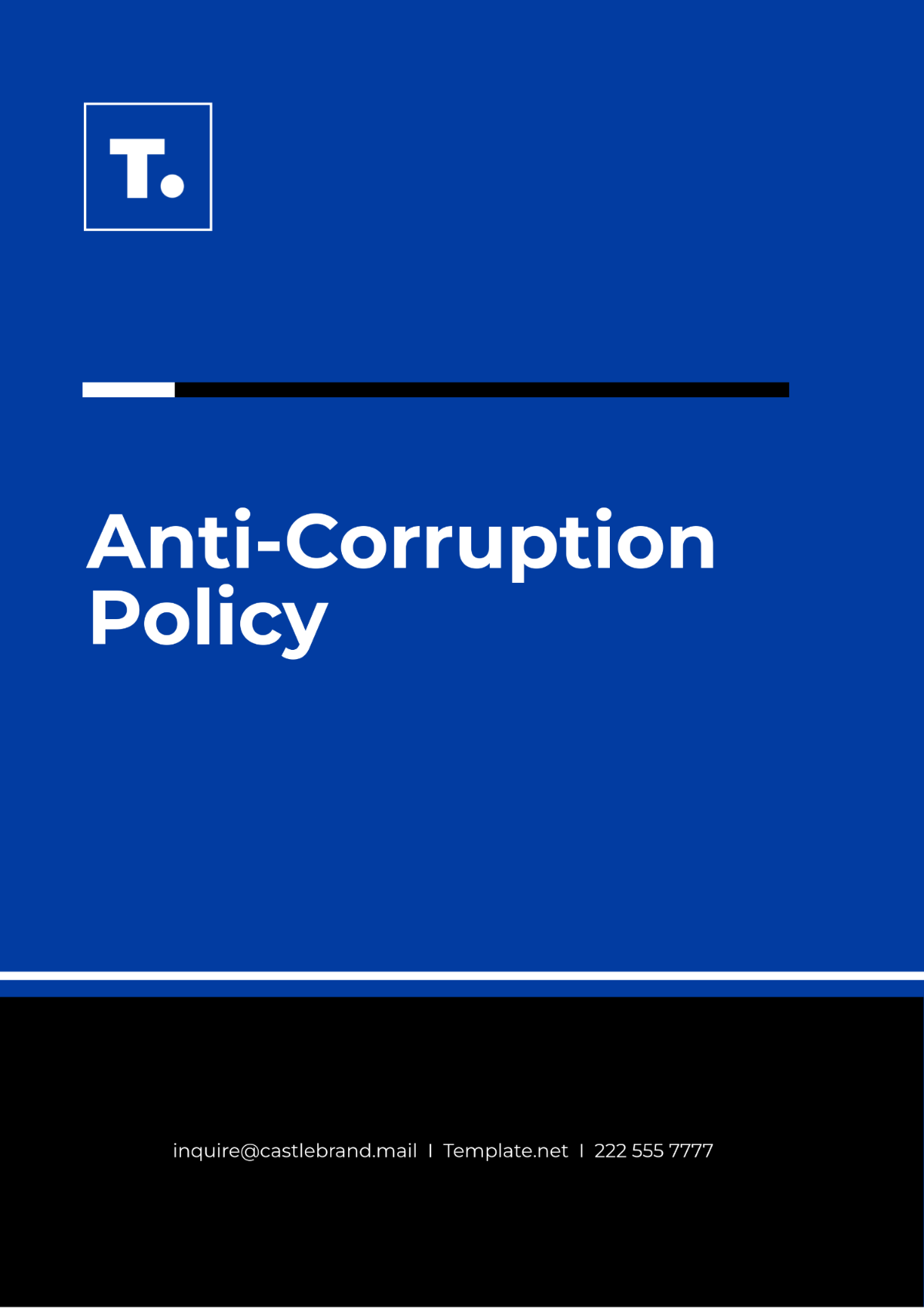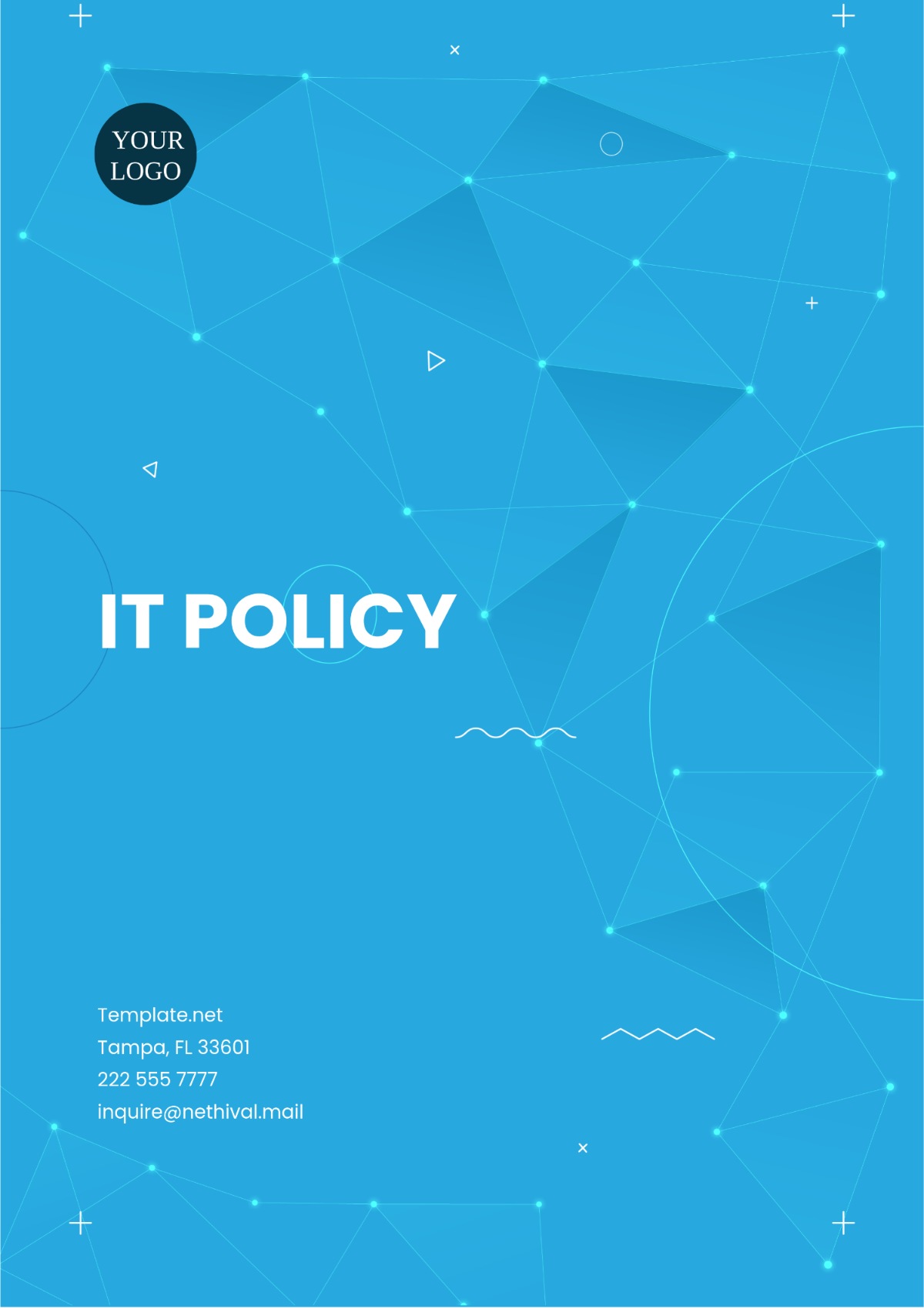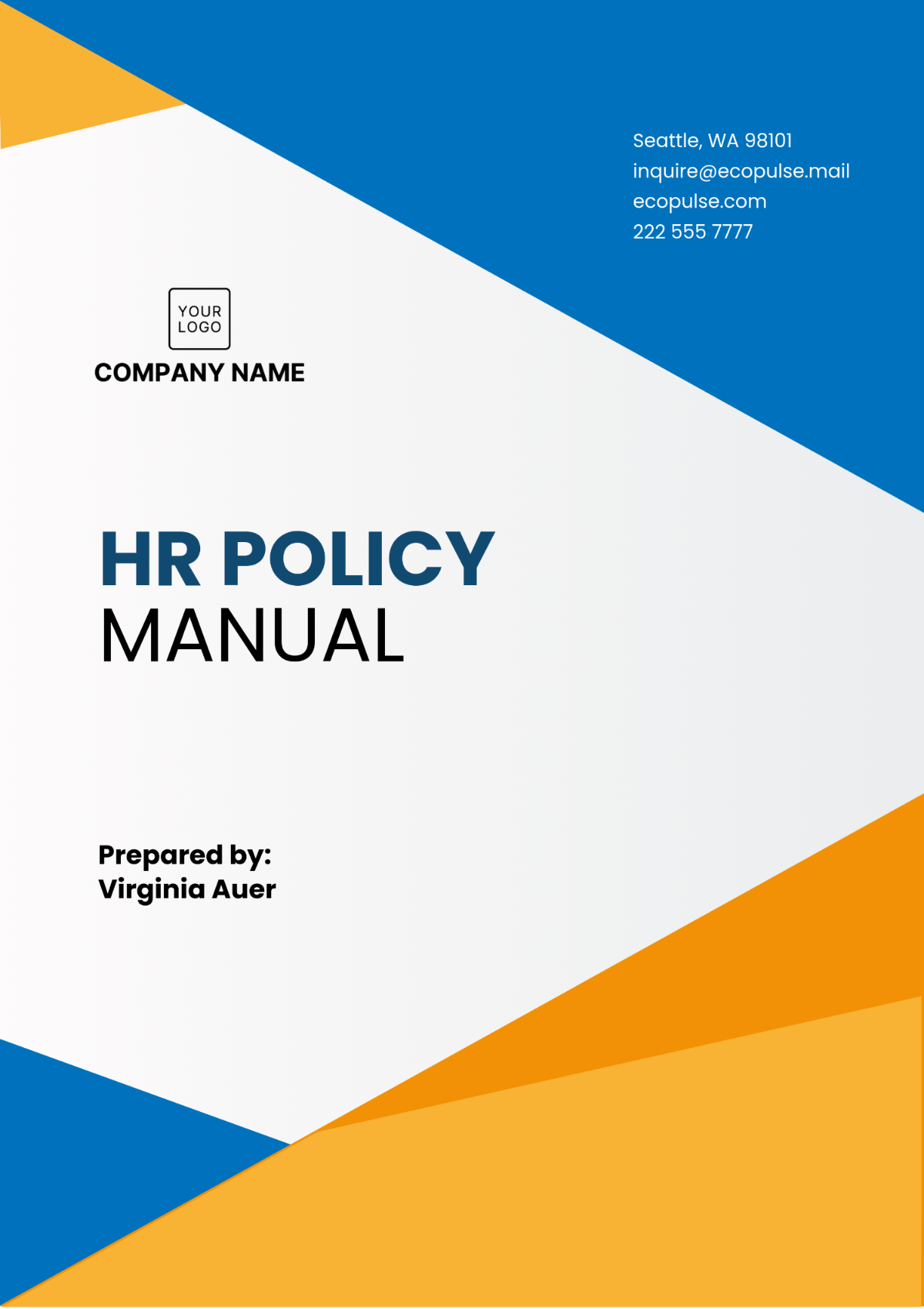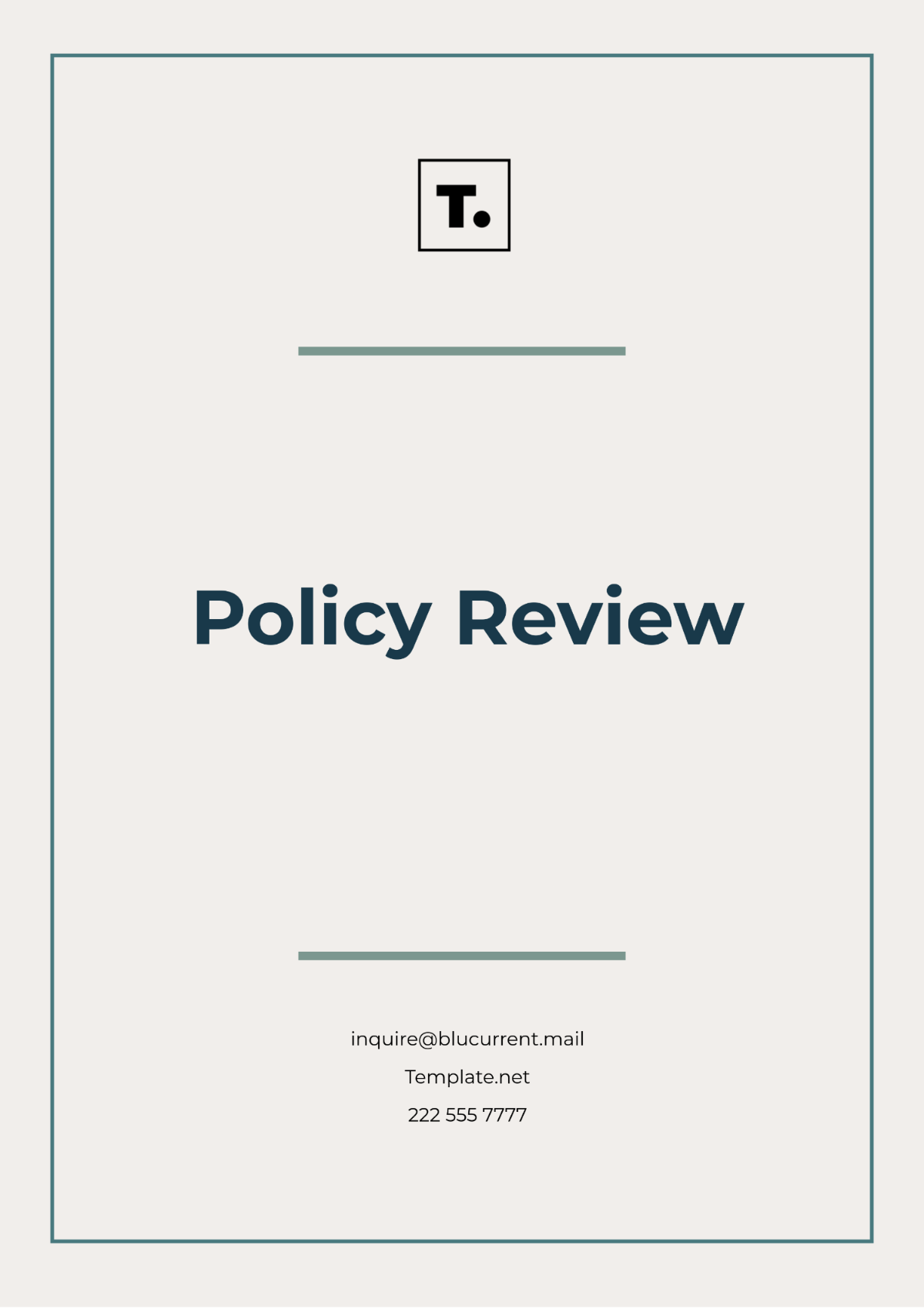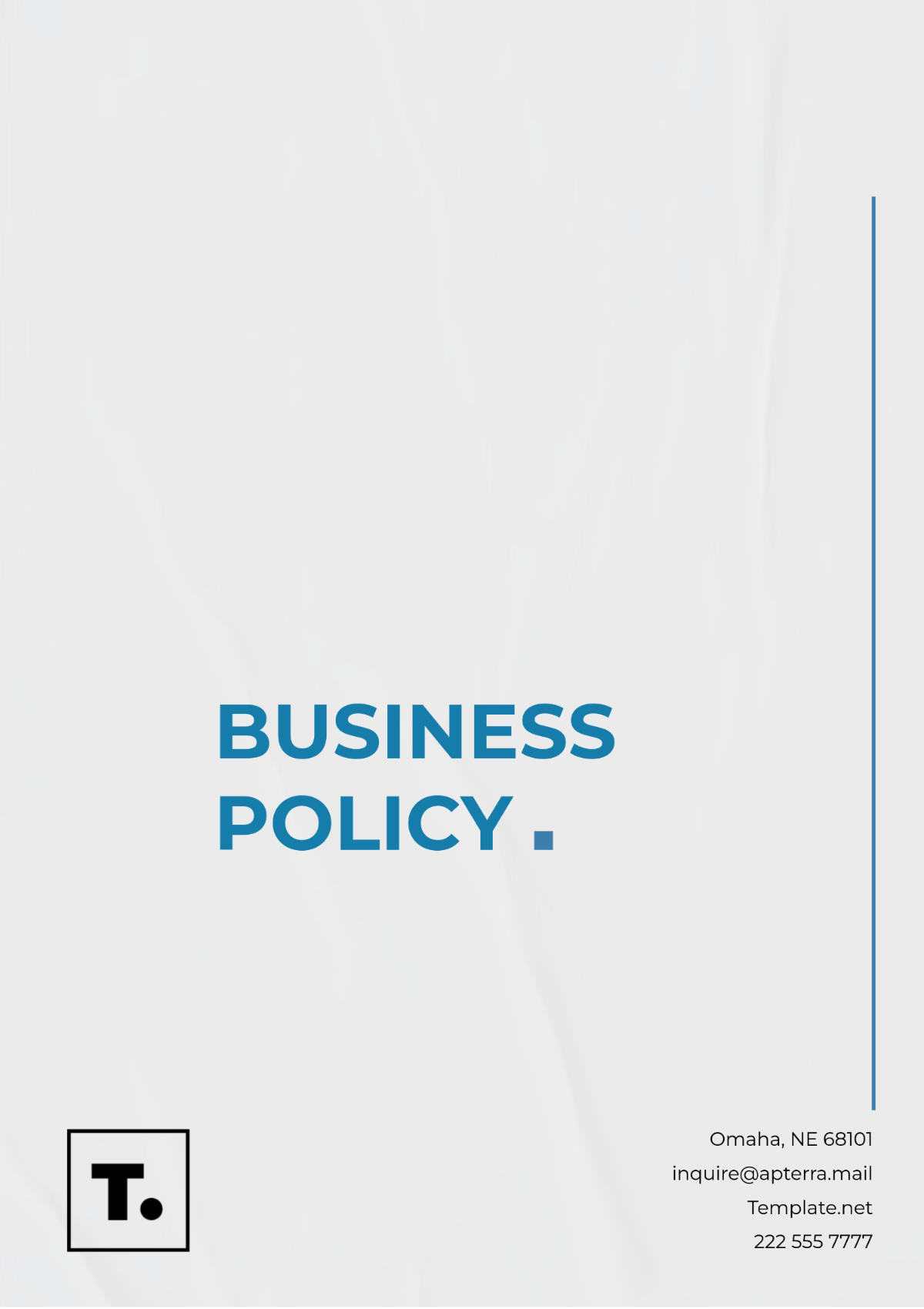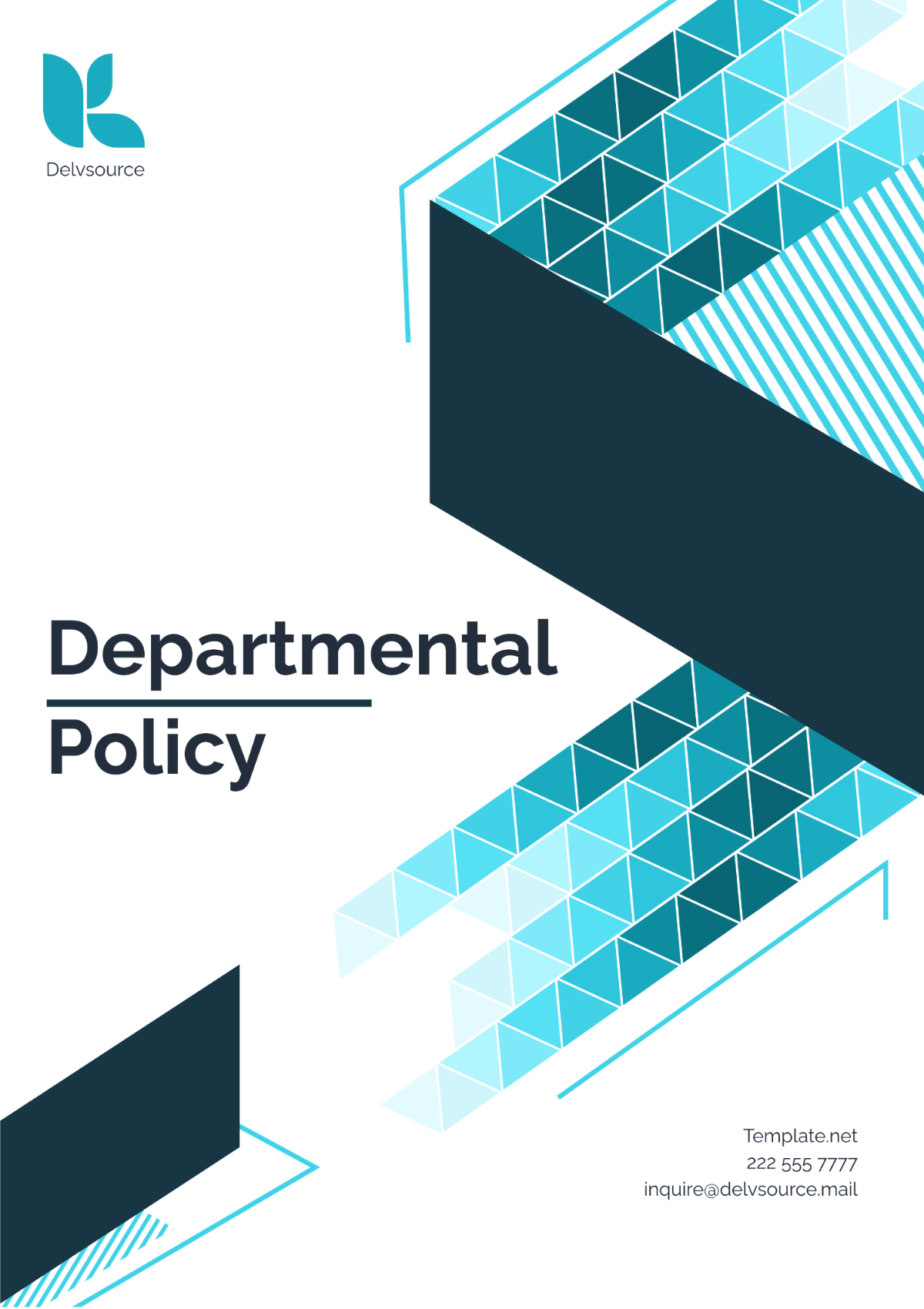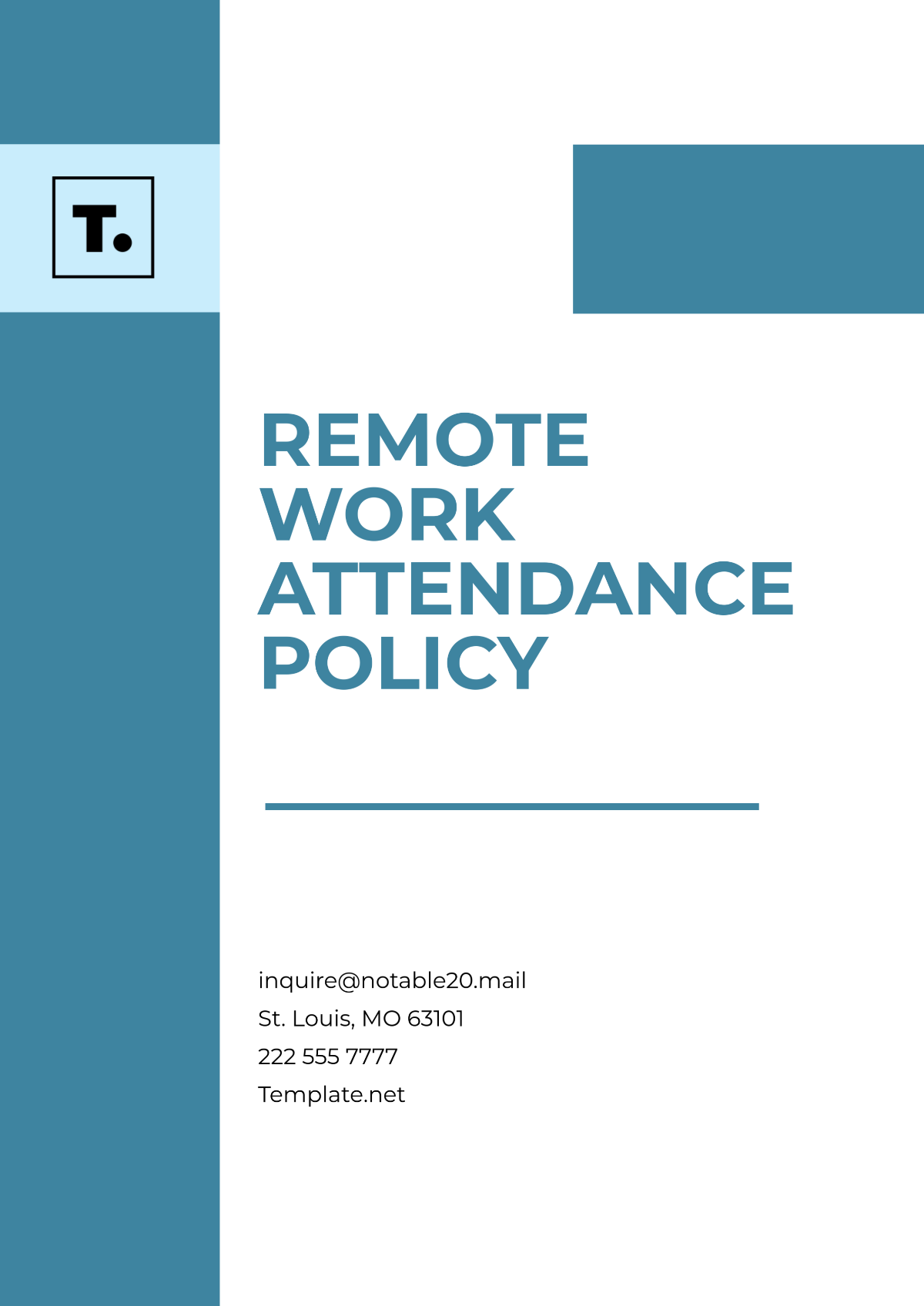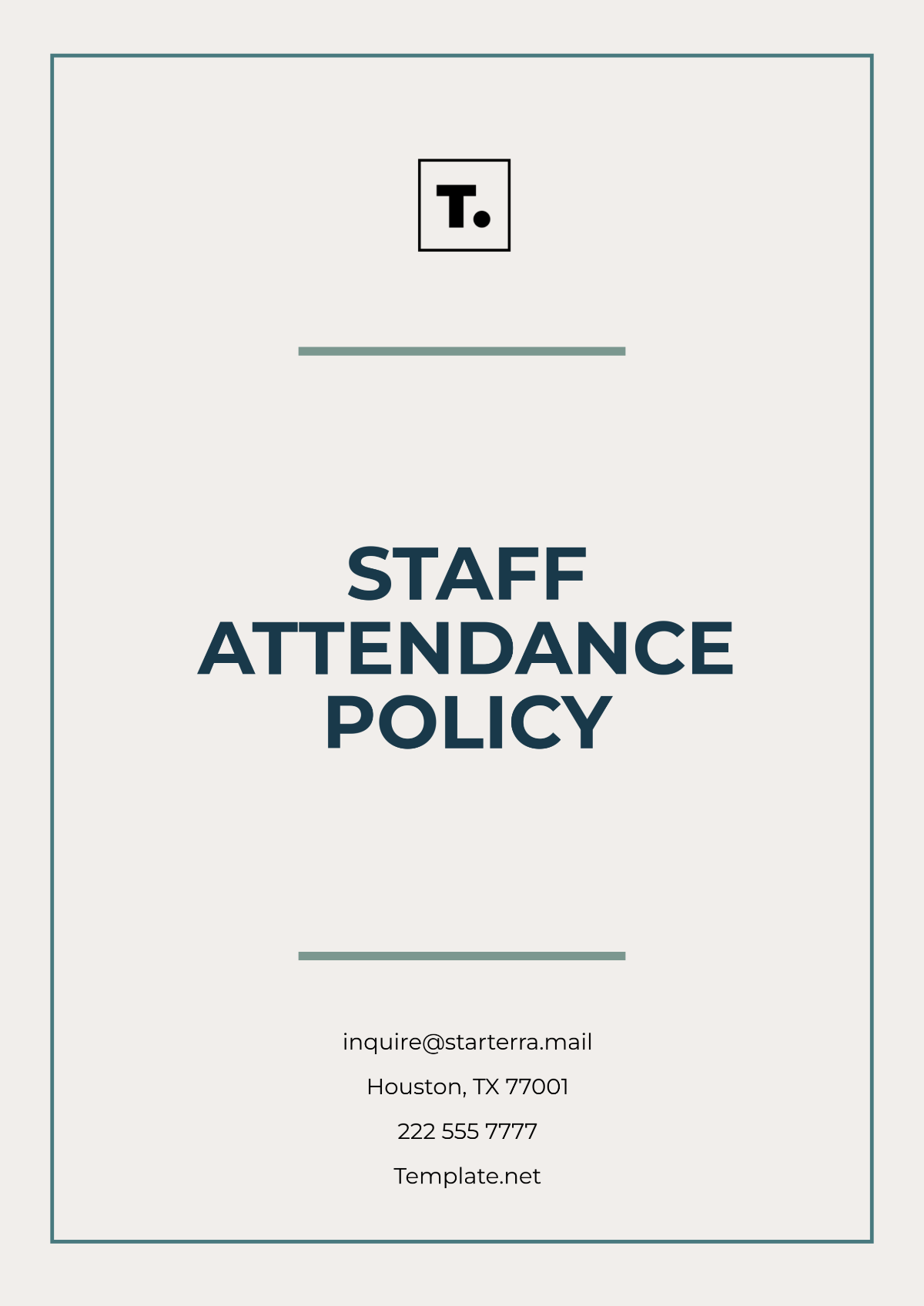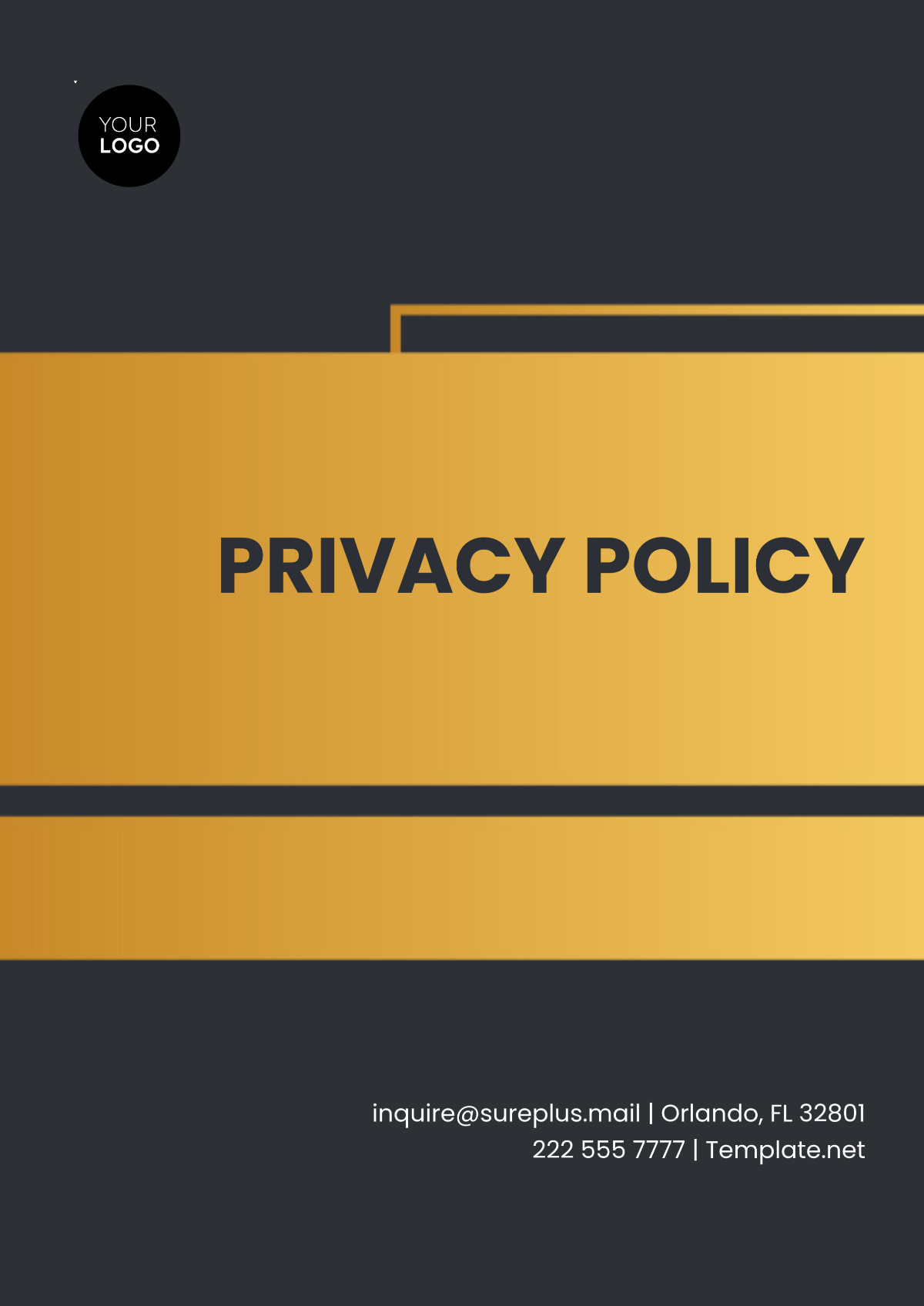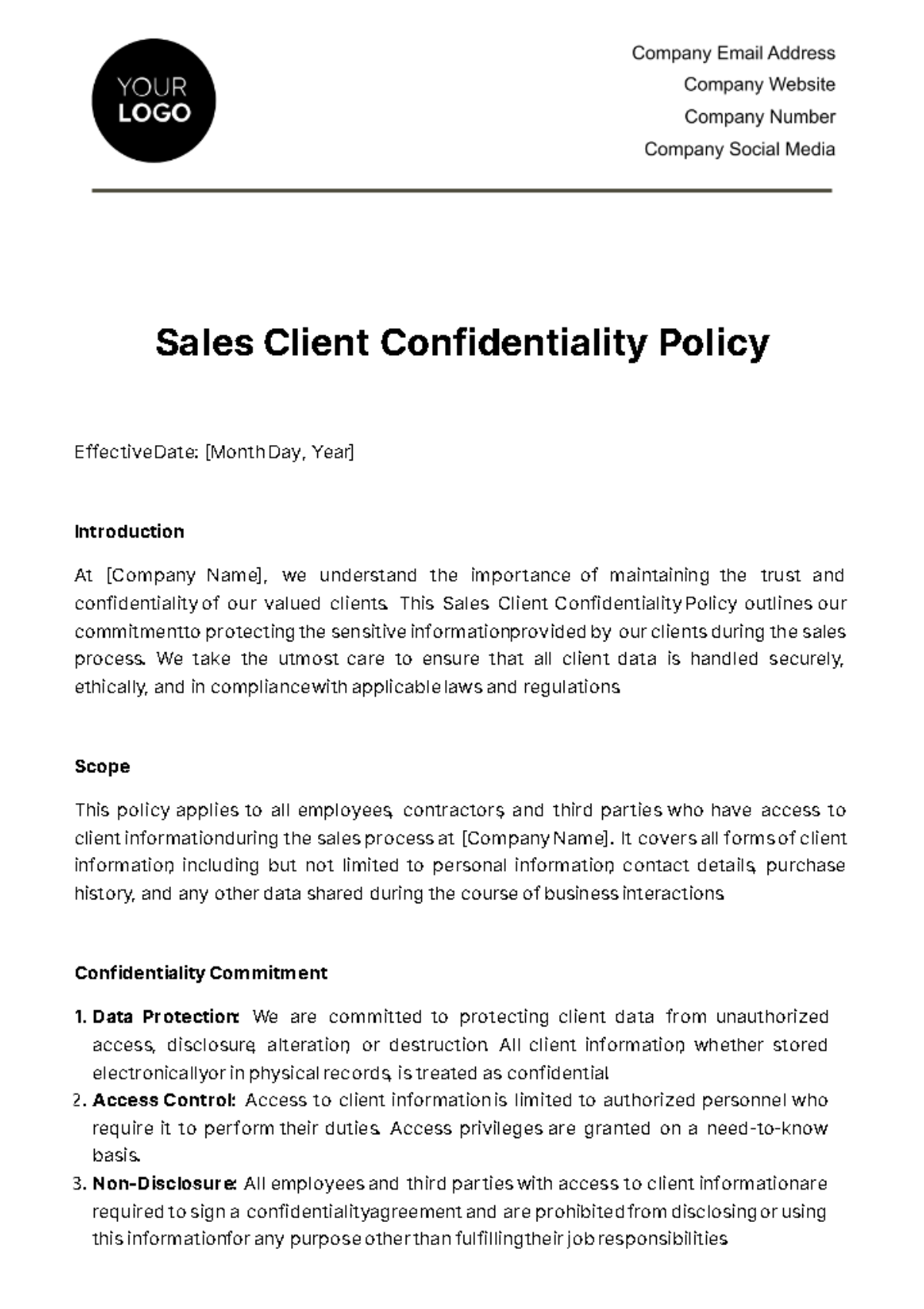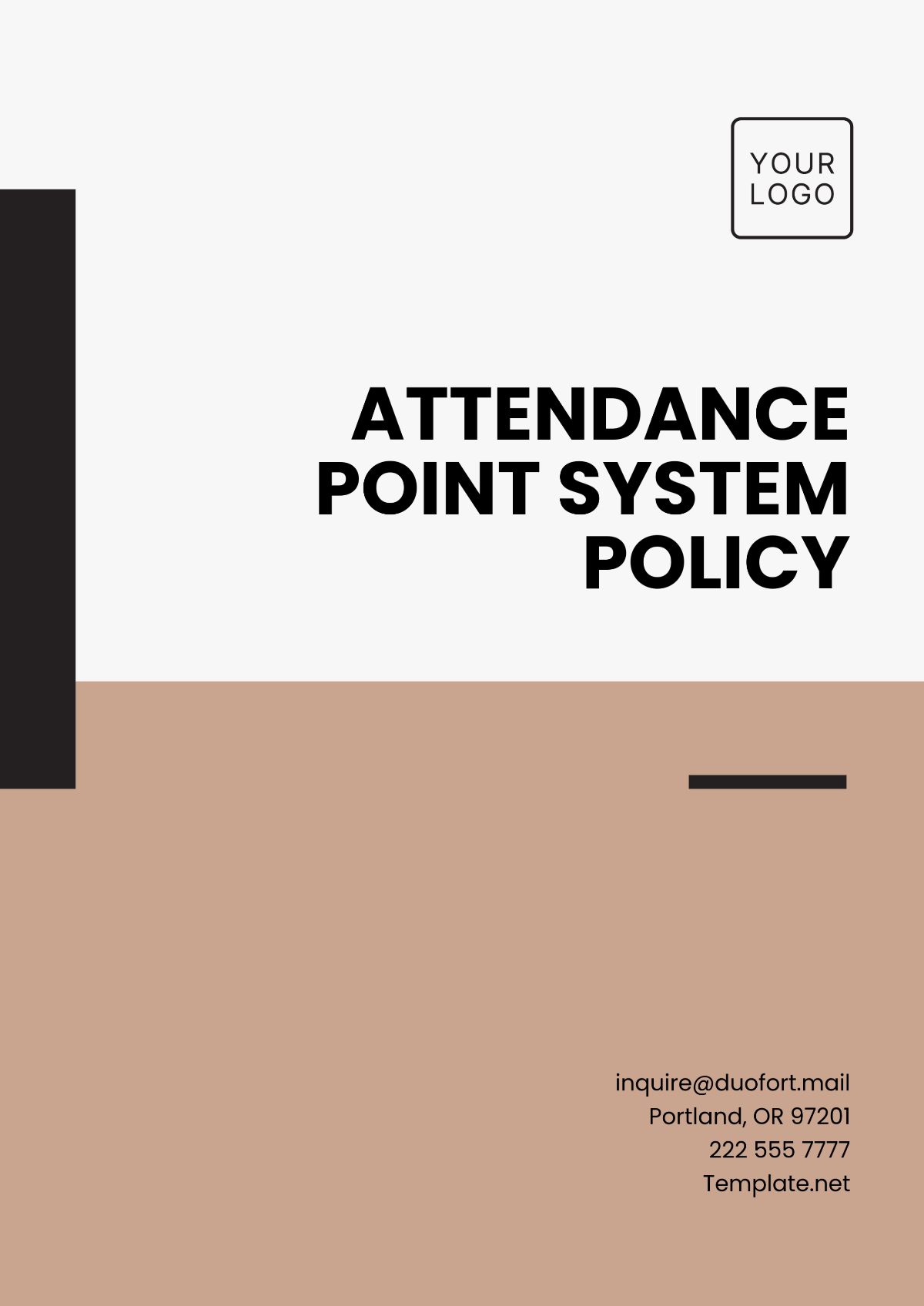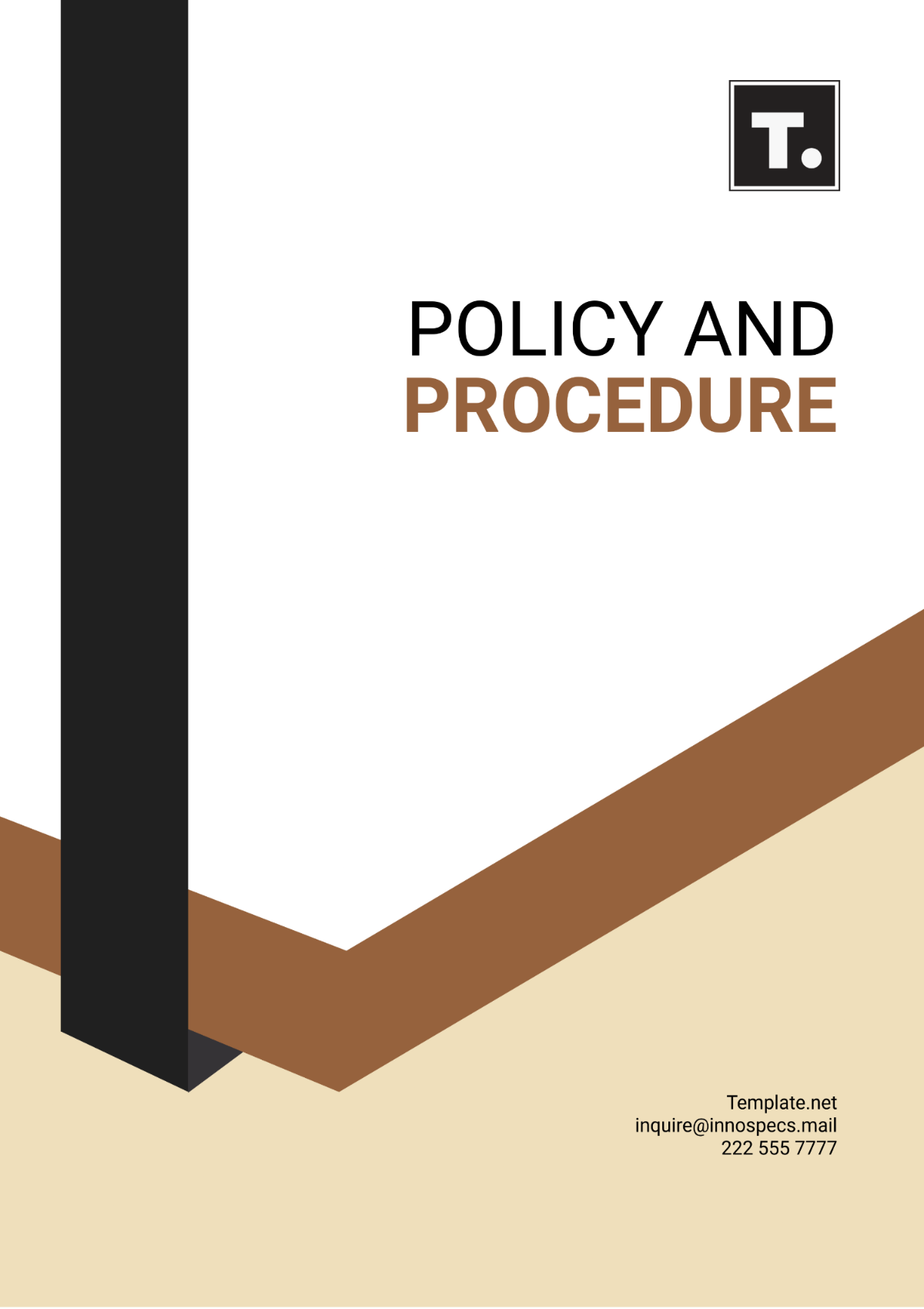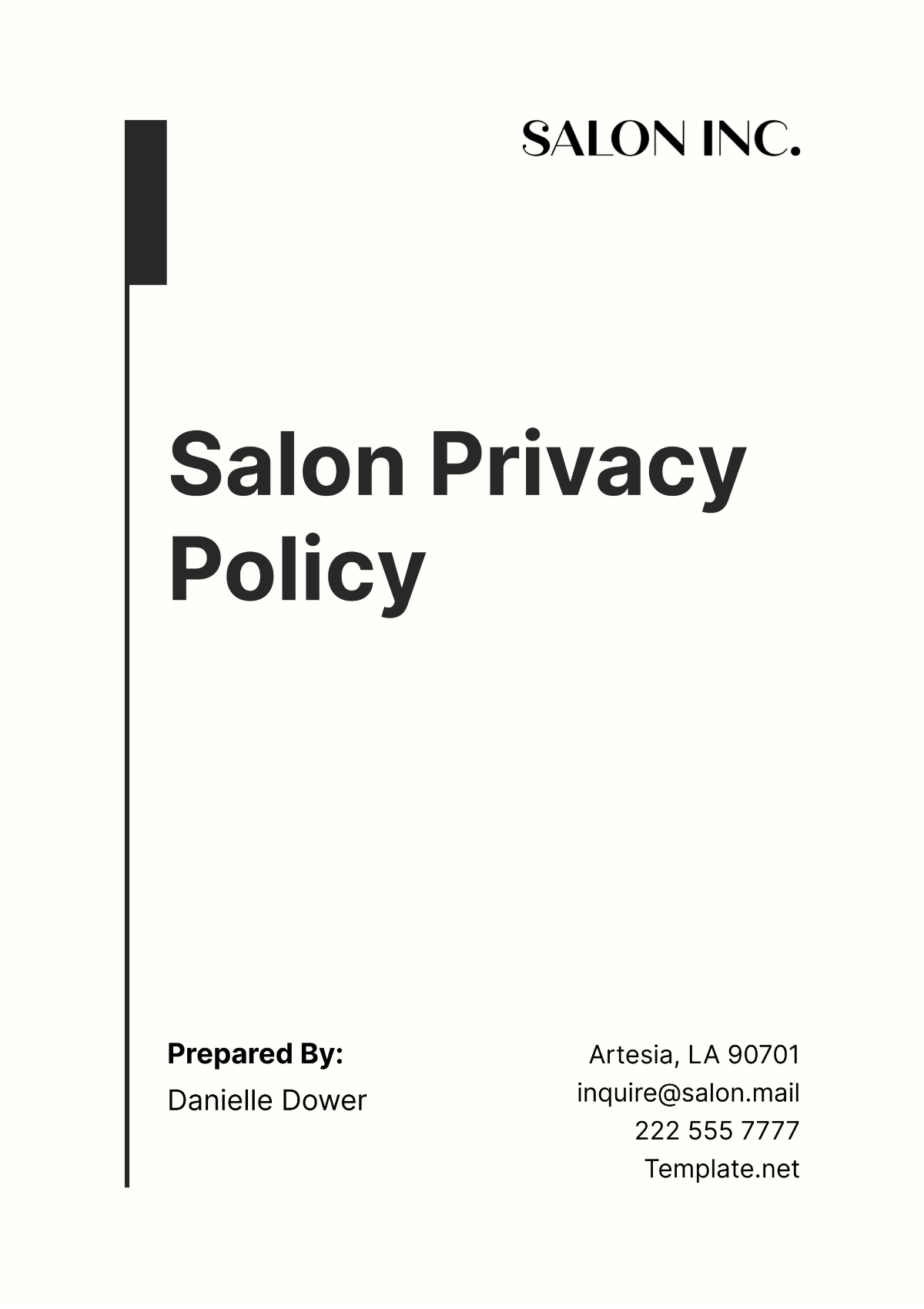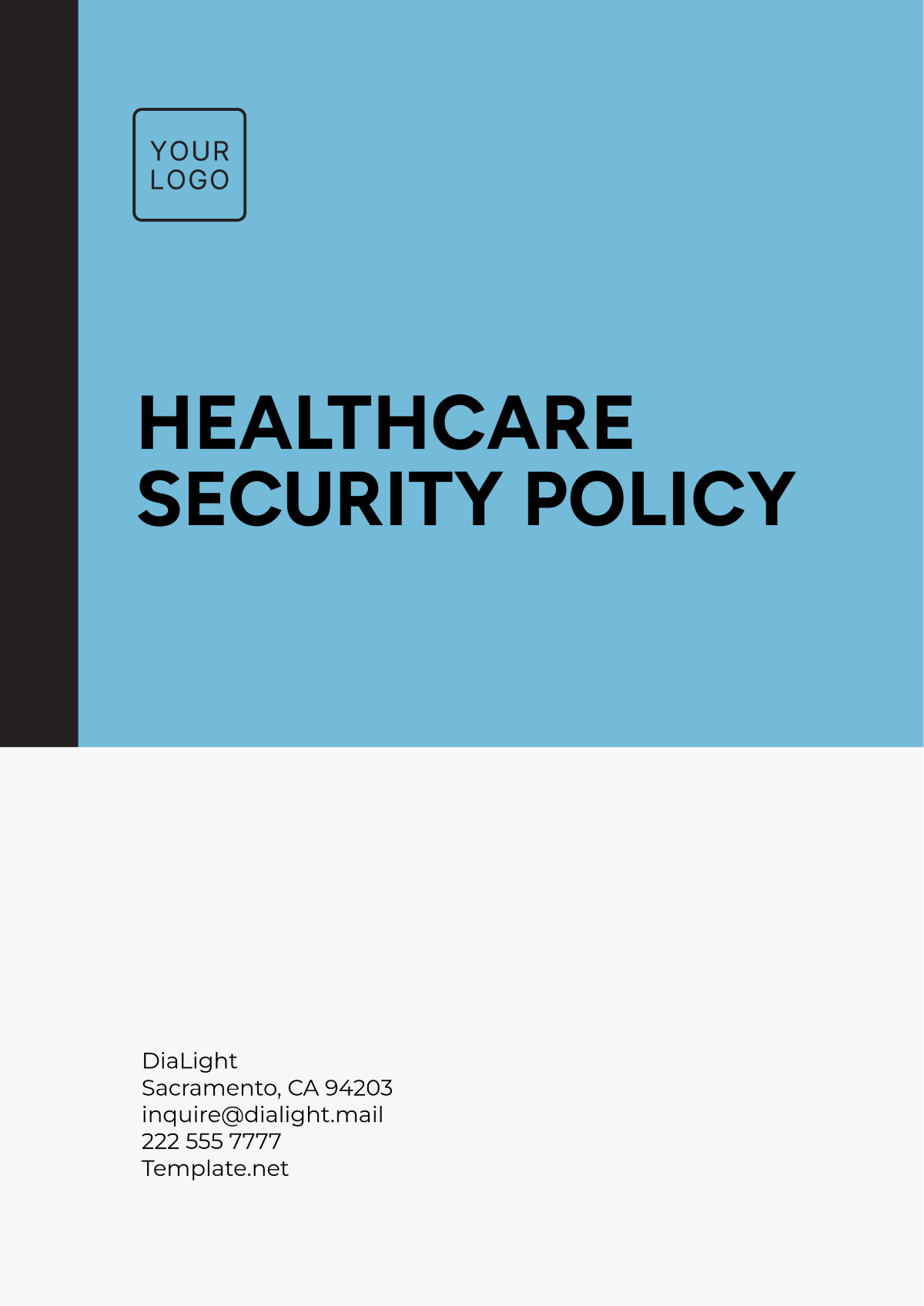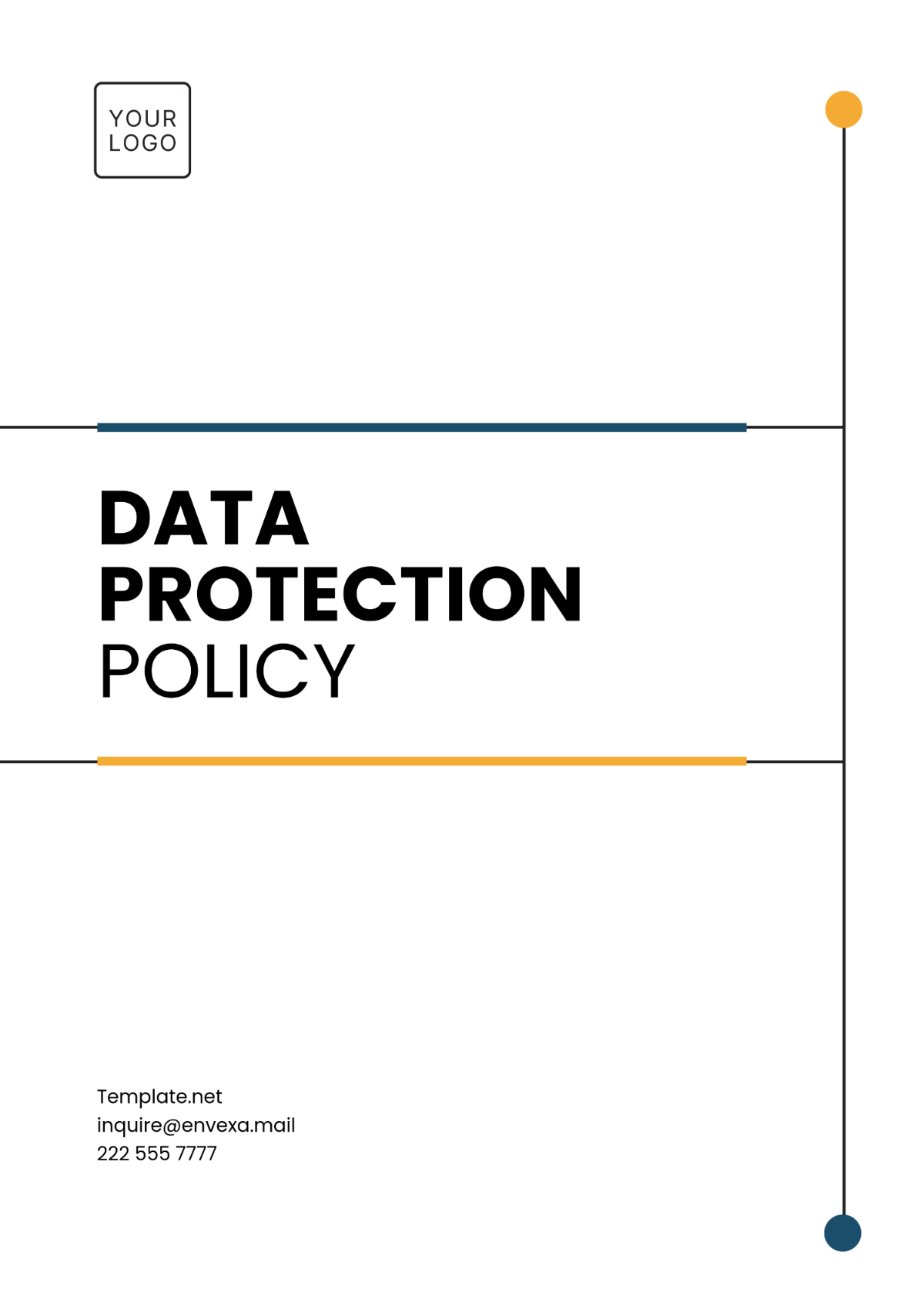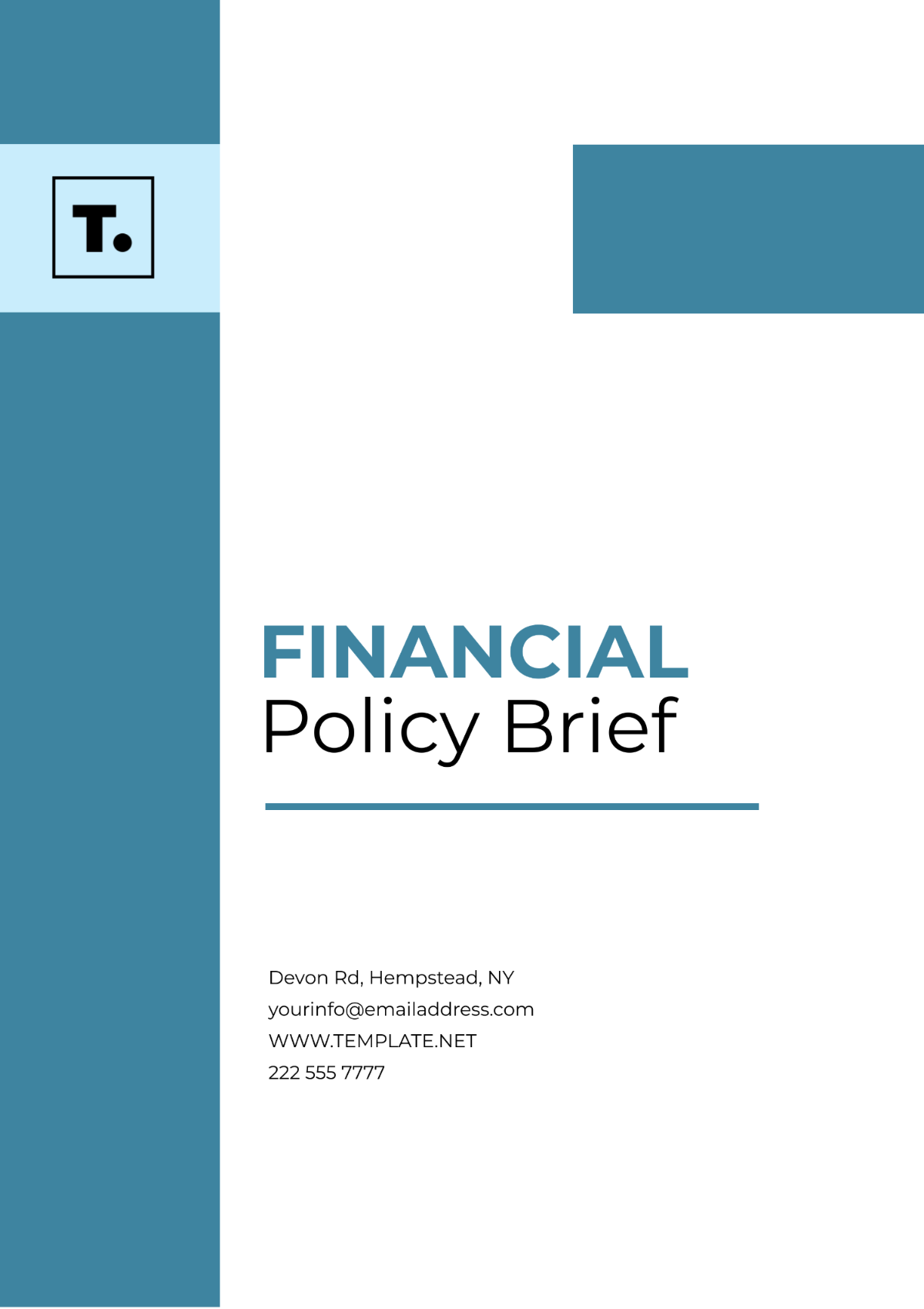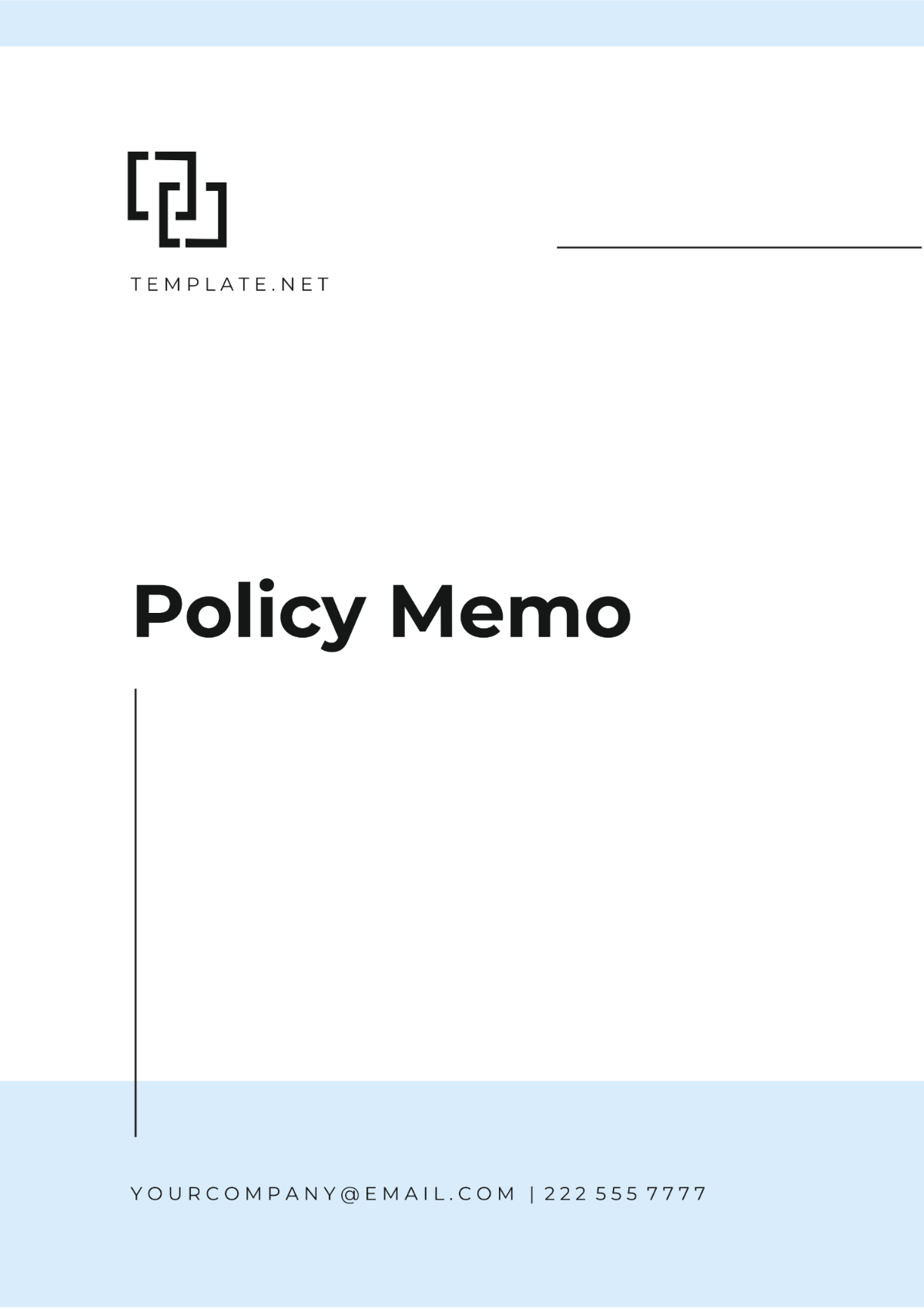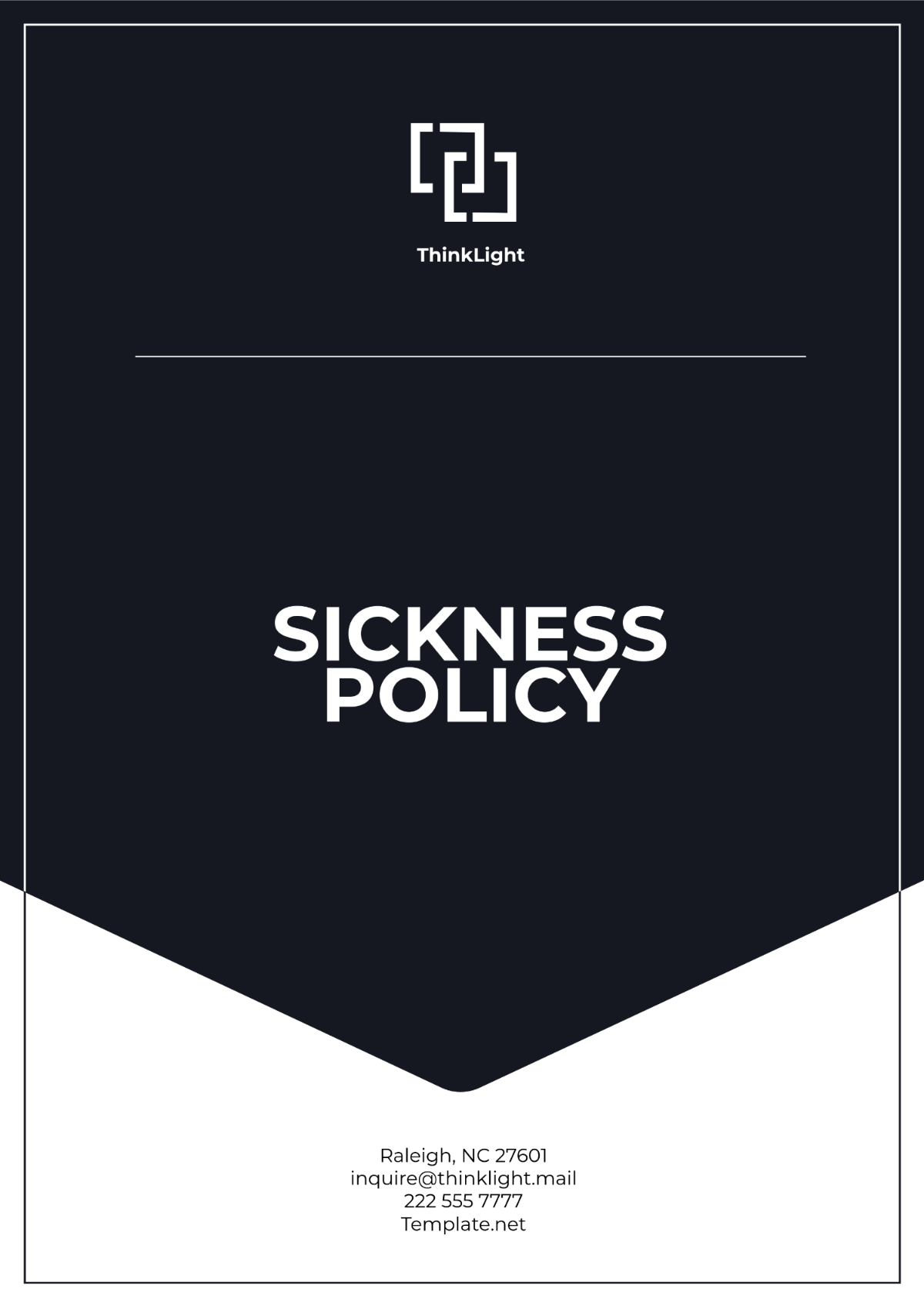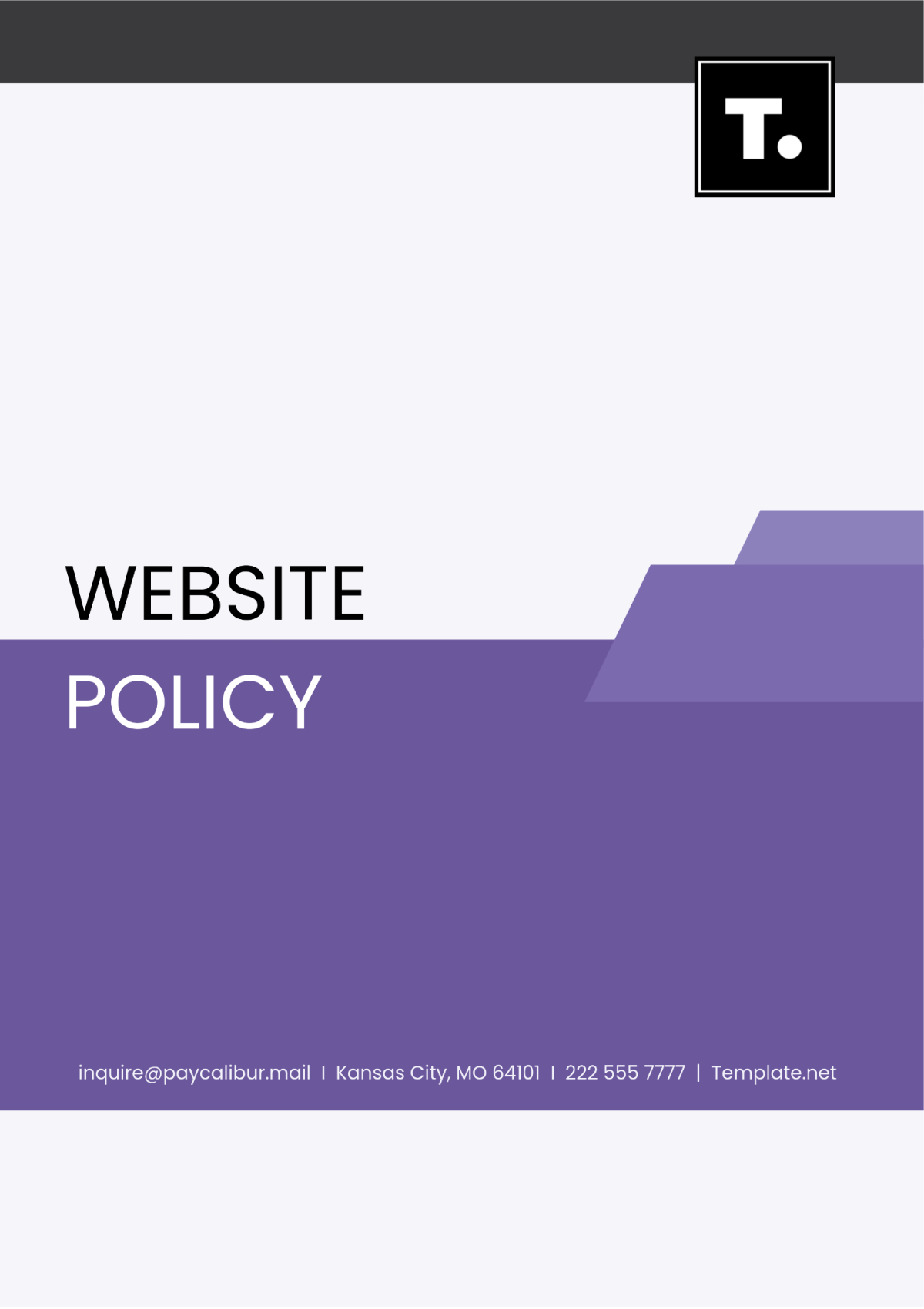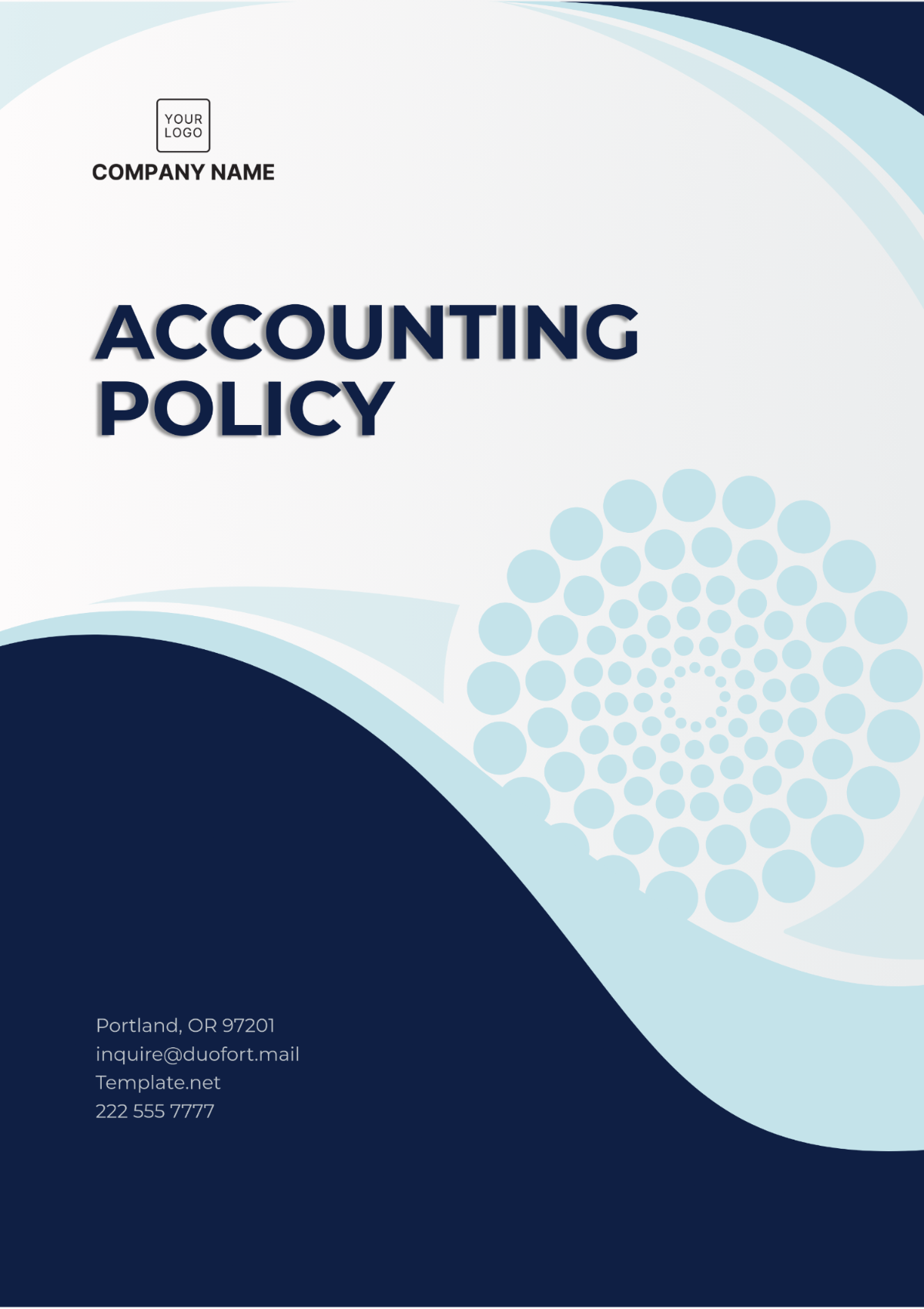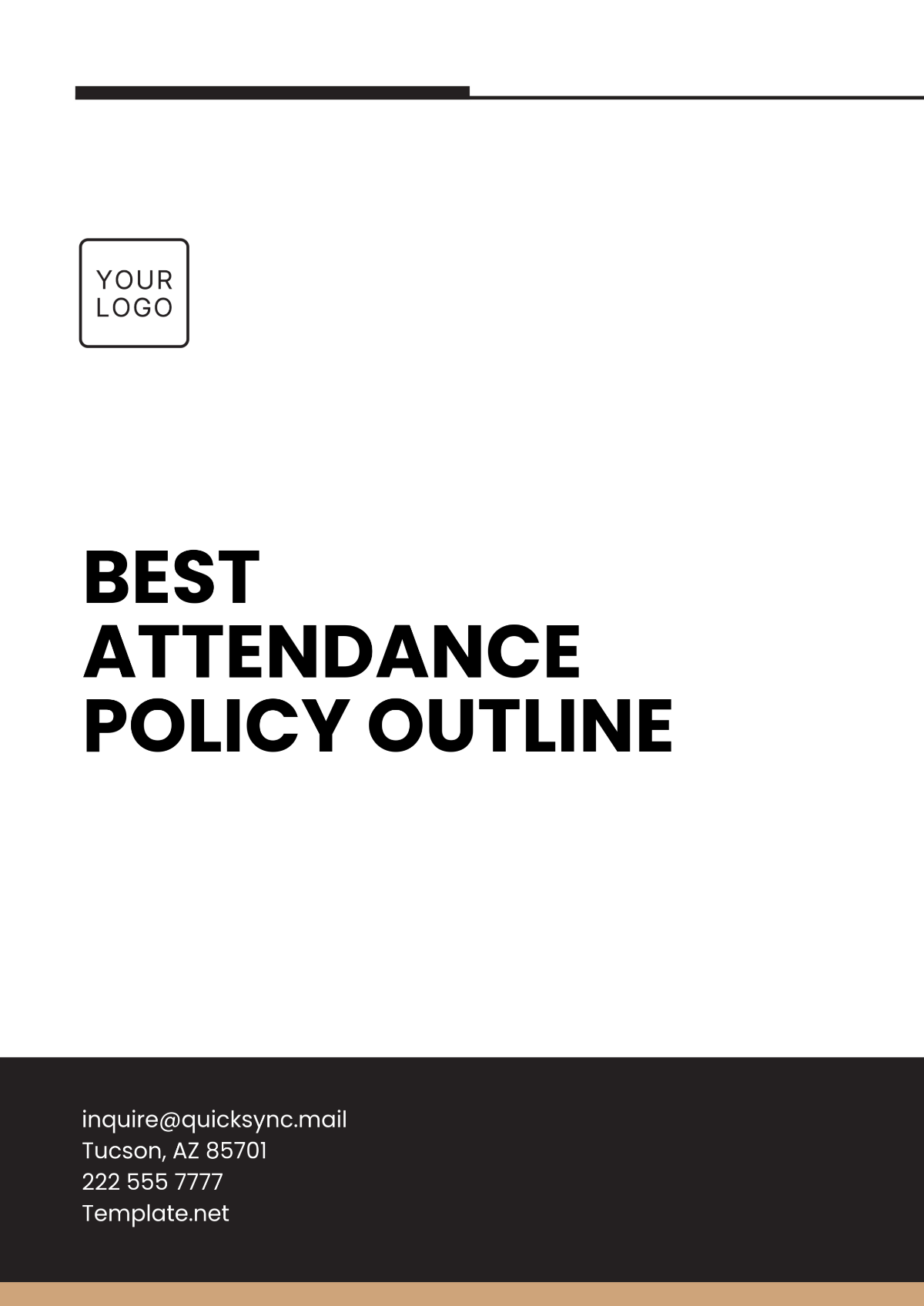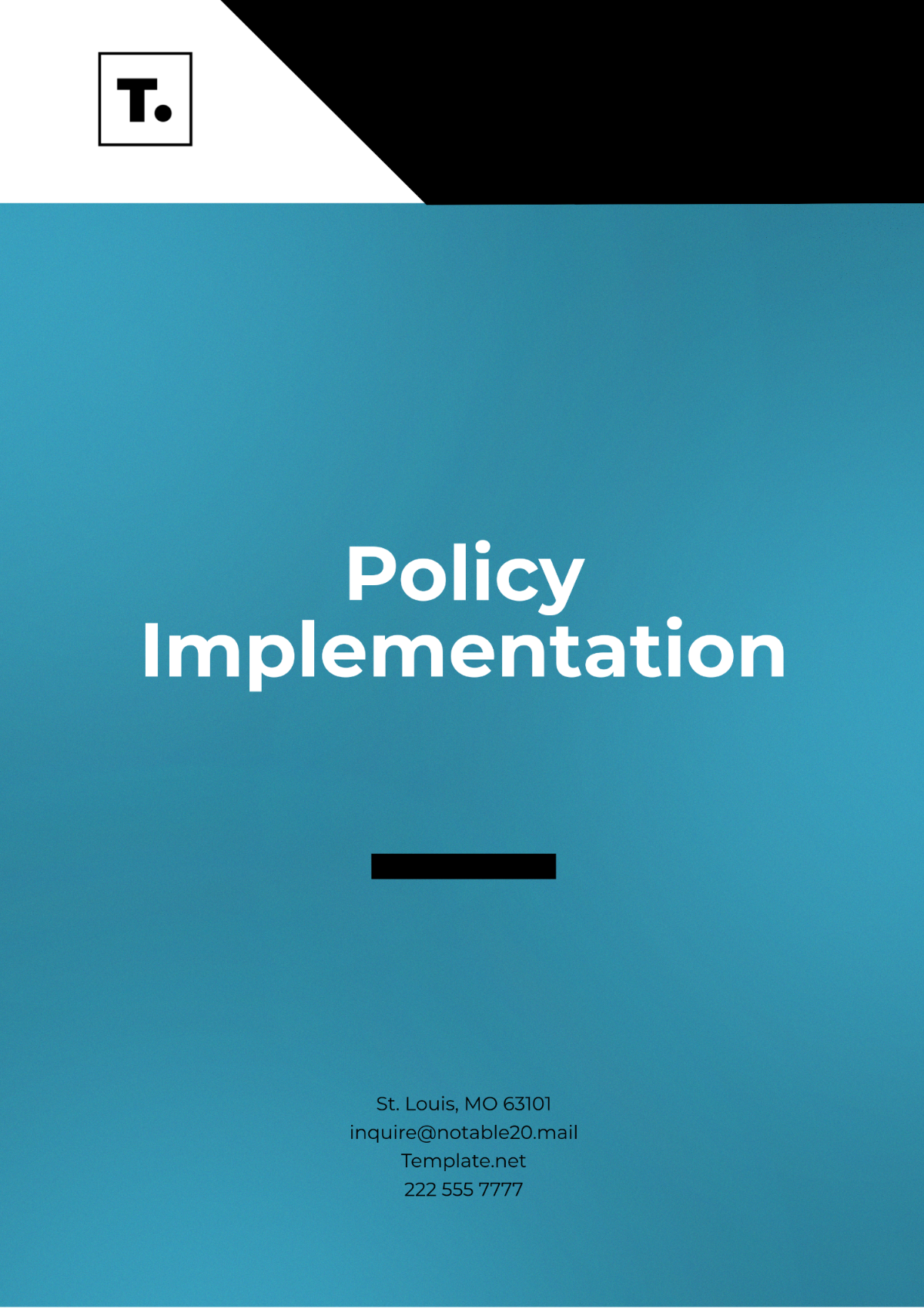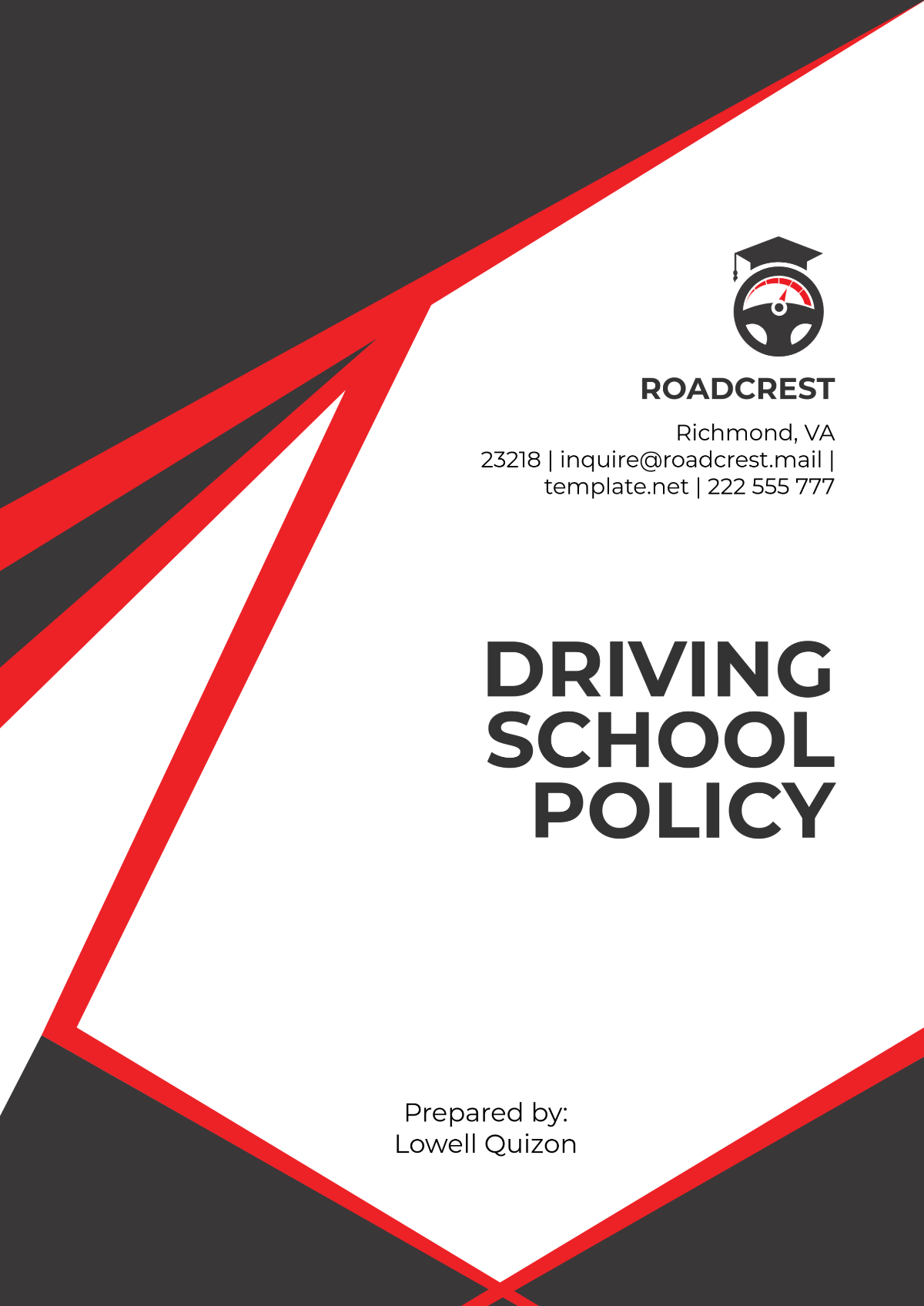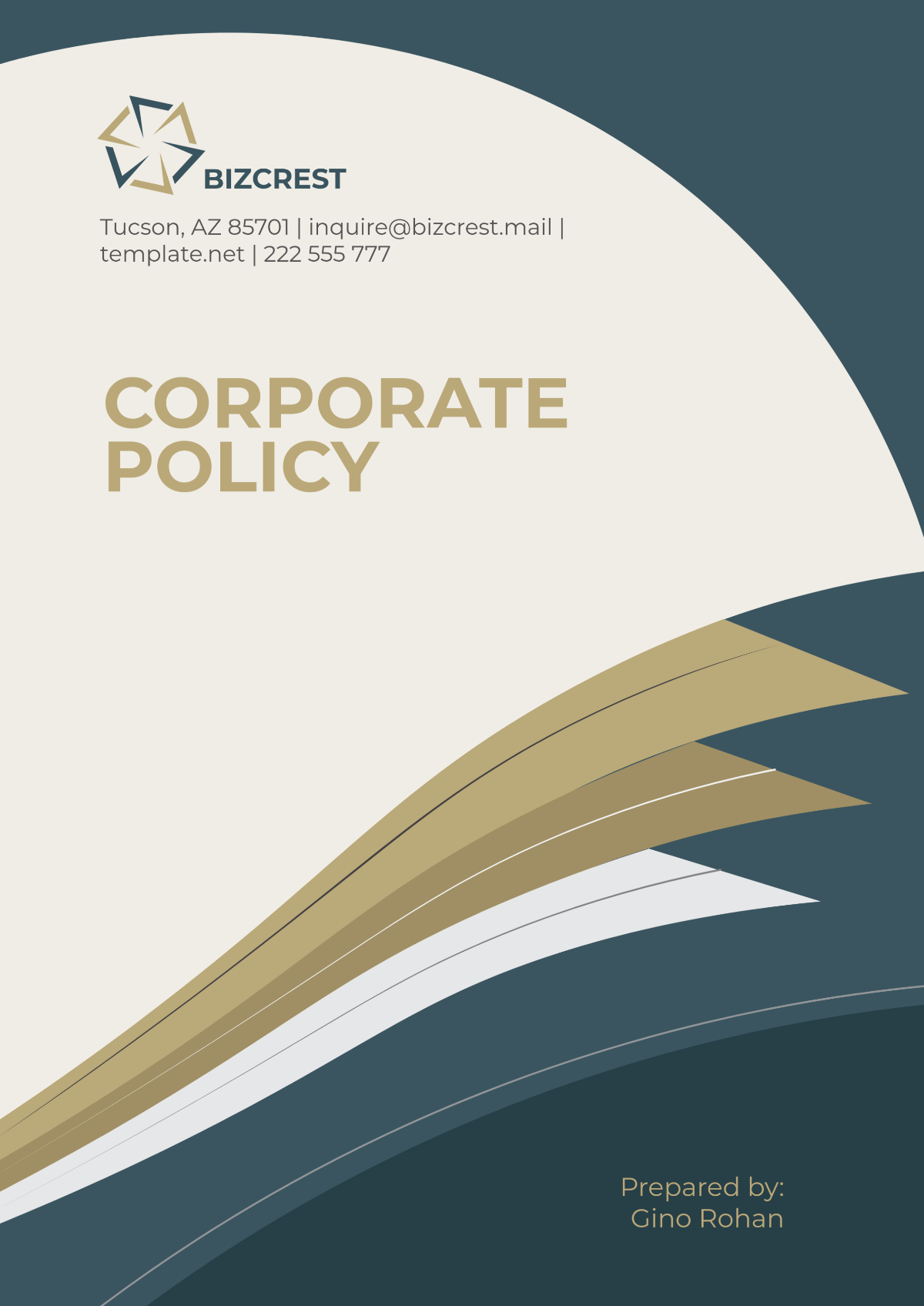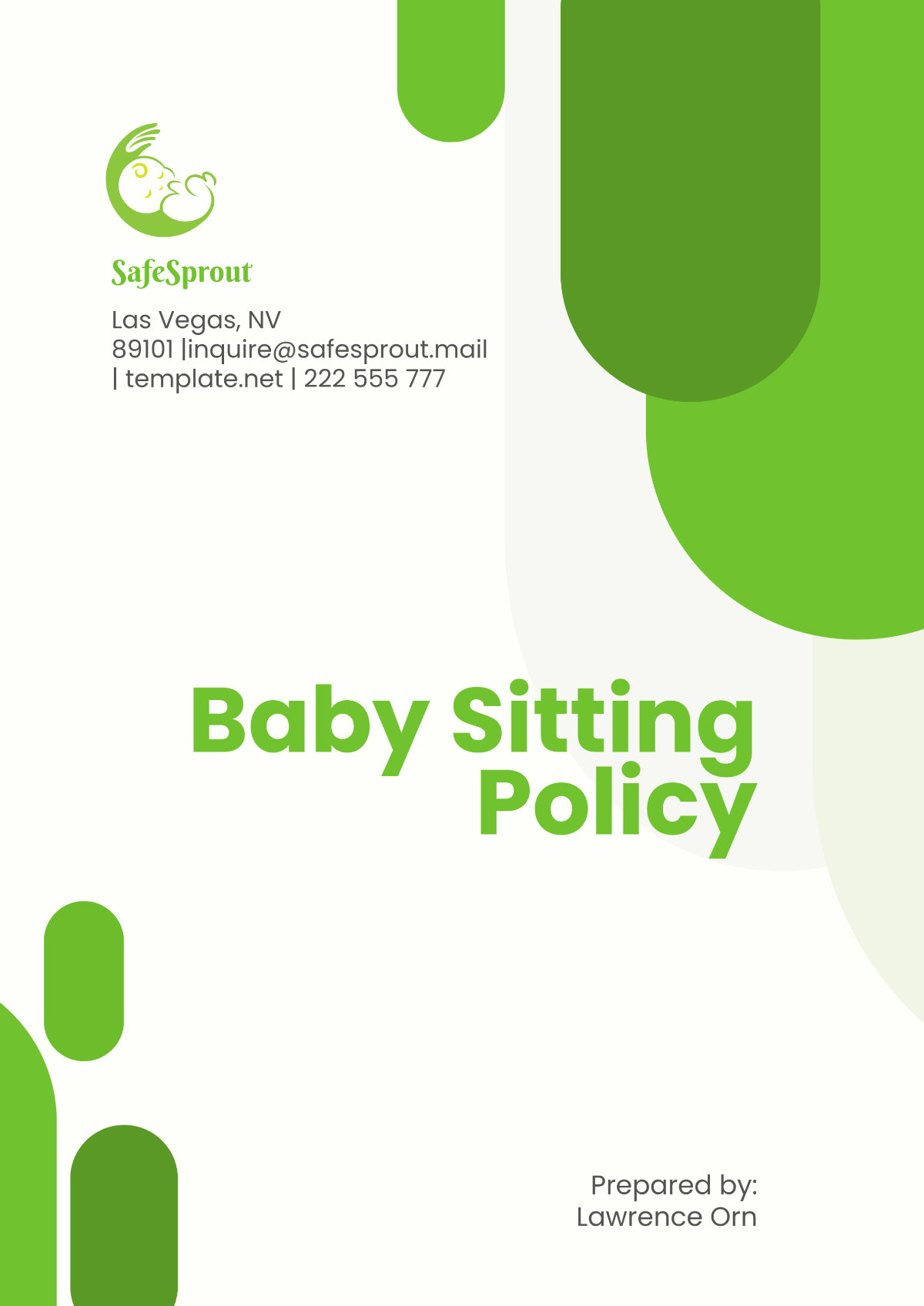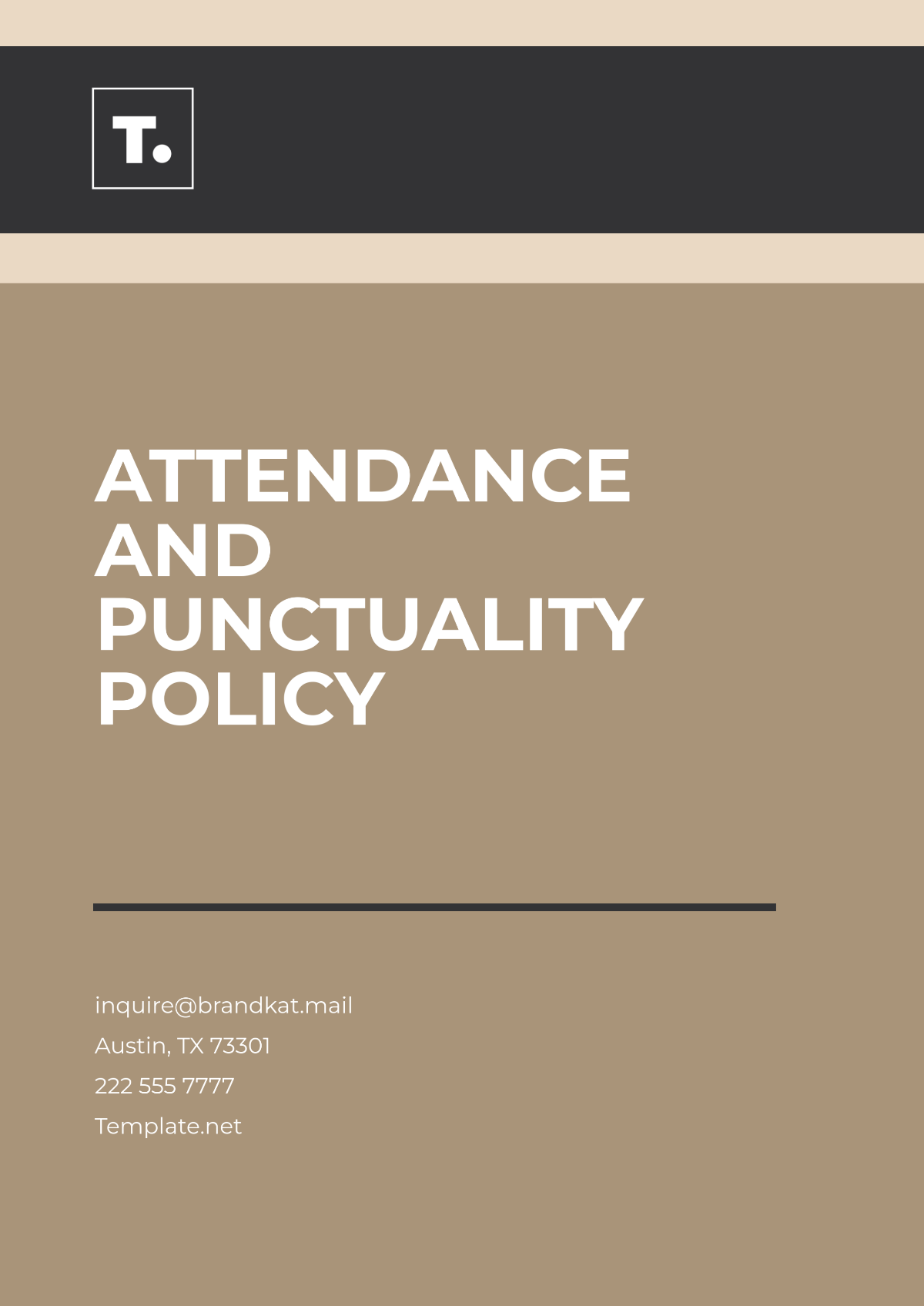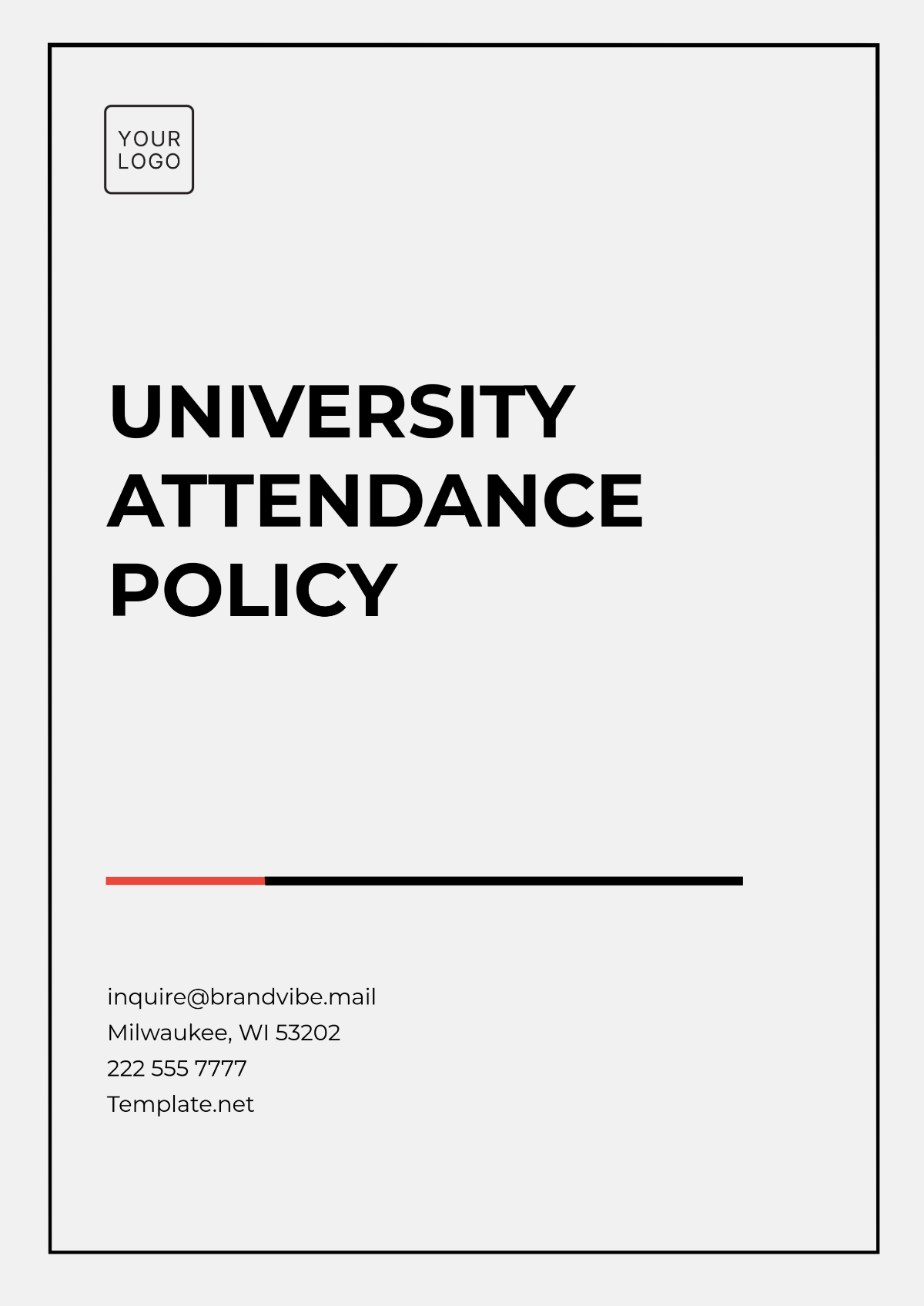Policy Analysts Observational Study
Prepared By: [Your Name]
Introduction
Policy analysts play a crucial role in shaping governmental, organizational, and institutional decisions by providing well-researched, data-driven recommendations. This observational study aims to examine the work habits, skills, and overall impact of policy analysts in various sectors. It provides an educational overview of their job functions, methodological approaches, tools, and the effects of their analyses on policy outcomes. By understanding the nuances of their work, organizations can make better-informed decisions and improve governance and public service outcomes.
Key Objectives of the Study
To define the responsibilities and scope of work of policy analysts.
To observe and document the methodologies used by policy analysts in data gathering and analysis.
To evaluate the effectiveness of policy recommendations on decision-making processes.
To identify the core skills necessary for a successful career in policy analysis.
Section 1: The Role and Scope of Policy Analysts
1.1. Defining Policy Analysis
Policy analysis refers to the systematic evaluation of policy alternatives, using evidence-based research to advise decision-makers on policy choices. It can cover a wide range of sectors, including government, nonprofit organizations, corporate settings, and international bodies.
Policy analysts are tasked with:
Assessing existing policies and their impacts.
Identifying problems and opportunities in public policy.
Providing detailed reports and recommendations to inform decision-making.
1.2. Key Areas of Work for Policy Analysts
The role of a policy analyst often extends across various sectors. The following table outlines different industries where policy analysts are employed and their specific functions.
Sector | Function |
|---|---|
Government | Crafting laws, regulations, and guidelines based on public need and research. |
Nonprofit Organizations | Advocating for societal change based on empirical data. |
Think Tanks | Researching to shape future policies. |
Corporate | Evaluating regulations and advising on compliance strategies. |
International Organizations | Developing and assessing policies at a global level. |
Policy analysts often work in multidisciplinary teams, collaborating with economists, sociologists, and legal experts to form a holistic view of a particular policy issue.
Section 2: Methodologies Used by Policy Analysts
2.1. Data Collection Techniques
Policy analysts rely on multiple data sources to inform their evaluations and recommendations. The following subsections provide an overview of common data collection techniques used in policy analysis.
2.1.1. Qualitative Research
Qualitative methods involve gathering non-numeric data to understand the motivations, behaviors, and perceptions of stakeholders. Common qualitative techniques include:
Interviews: One-on-one discussions with stakeholders or experts to gather insights.
Focus Groups: Structured group discussions to explore diverse perspectives.
Case Studies: In-depth examination of particular instances of policy application.
2.1.2. Quantitative Research
Quantitative research focuses on numeric data, allowing for statistical analysis of policy impacts. The following tools are commonly used:
Surveys and Polls: Gathering data from a large group of individuals to assess public opinion or behaviors.
Administrative Data: Utilizing government or organizational records, such as tax data or school enrollment figures.
Statistical Models: Using advanced models (e.g., regression analysis) to predict policy outcomes based on historical data.
2.2. Analytical Tools and Software
Policy analysts utilize various tools and software to analyze the collected data. Some of the most common tools include:
Microsoft Excel: A basic tool for data management, calculations, and charting.
Stata/R/SAS: Advanced statistical software for quantitative analysis.
GIS (Geographical Information Systems): Mapping tools to analyze the spatial distribution of policy impacts.
The following table highlights key analytical tools and their uses:
Tool/Software | Function |
|---|---|
Excel | Data management, basic statistics, and visualizations |
Stata/R/SAS | Advanced statistics, econometrics, and modeling |
GIS Software | Spatial data analysis and mapping |
NVivo | Qualitative data analysis (coding and categorization) |
Section 3: The Process of Policy Analysis
3.1. Identifying Policy Problems
The first step in policy analysis involves identifying the problem or issue that needs addressing. This phase typically requires policy analysts to:
Review existing literature.
Conduct preliminary interviews with stakeholders.
Analyze the social, economic, and political contexts of the issue.
3.2. Developing and Comparing Policy Options
Once the problem is identified, policy analysts work to develop potential solutions. These options are carefully compared against each other based on several criteria, such as:
Effectiveness: How well does the policy solve the identified problem?
Efficiency: What is the cost of the policy relative to its benefits?
Equity: How fairly are the policy’s costs and benefits distributed among different groups?
Feasibility: Is the policy politically and administratively viable?
3.3. Presenting Policy Recommendations
After analyzing the options, policy analysts prepare detailed reports and presentations for decision-makers. Key elements in these reports often include:
Executive Summary: A brief overview of the problem and recommendations.
Detailed Analysis: A breakdown of the policy options, including data, graphs, and scenario planning.
Recommendation Justification: A reasoned explanation for choosing one option over others.
3.4. Implementation and Monitoring
Once a policy has been approved, policy analysts may play a role in the implementation process. This often involves:
Designing monitoring systems to track policy performance.
Providing ongoing feedback and adjustments to improve the policy's effectiveness.
Section 4: Skills Required for Policy Analysts
4.1. Analytical and Research Skills
The ability to assess complex problems and identify workable solutions is at the core of policy analysis. Key analytical skills include:
Critical Thinking: Analyzing data and trends to foresee potential policy outcomes.
Problem-Solving: Finding practical solutions that address identified problems.
Data Interpretation: Understanding both qualitative and quantitative data and drawing meaningful conclusions.
4.2. Communication Skills
Effective communication is critical for policy analysts, who must present their findings to decision-makers. Important communication skills include:
Writing: Creating comprehensive reports that convey analysis and recommendations.
Public Speaking: Presenting policy recommendations in meetings, conferences, or public forums.
Interpersonal Communication: Collaborating with various stakeholders to gather data and ensure diverse perspectives are considered.
4.3. Political and Economic Literacy
A strong grasp of political and economic systems is necessary for understanding the broader context of policy issues. Skills in this domain include:
Political Analysis: Understanding political systems, public administration, and legislative processes.
Economic Understanding: Recognizing the financial implications of policy decisions and their impact on budgets and markets.
Section 5: Impact of Policy Analysts on Decision-Making
5.1. Direct Contributions to Policy Formulation
Policy analysts contribute directly to the creation of new policies by offering data-driven recommendations. Their ability to forecast potential outcomes allows decision-makers to adopt strategies that minimize risks while maximizing benefits.
5.2. Influence on Public Perception and Advocacy
Policy analysts also play a critical role in shaping public opinion. Think tanks and advocacy groups often rely on policy analysis to inform public debates and mobilize support for certain policies.
5.3. Enhancing Accountability and Transparency
By providing evidence-based recommendations, policy analysts help ensure accountability in governance. Their reports and findings can be used to evaluate whether a policy is meeting its intended goals, thereby increasing transparency in government operations.
5.4. Case Study: The Impact of Healthcare Policy Analysts
The following case study highlights the impact policy analysts had on healthcare reform in the U.S.
Background
During the discussions leading up to the Affordable Care Act (ACA), healthcare policy analysts played a significant role by providing data on the uninsured population, healthcare costs, and projections of long-term savings.
Key Contributions
Cost Projections: Analysts provided detailed estimates of the cost savings from preventive care.
Access and Equity: Analysts assessed how the ACA would expand healthcare access to vulnerable populations.
Public Opinion Influence: Analysts provided key talking points for policymakers and the media to advocate for the law.
Conclusion
Policy analysts serve as vital links between research and decision-making, offering data-driven insights to guide the development, implementation, and evaluation of policies. Their work requires a blend of critical thinking, strong research abilities, and effective communication skills. This observational study has demonstrated that through their in-depth analysis, policy analysts significantly influence both public policy and the broader social landscape, ensuring that policies are equitable, effective, and efficient.
